All Local News
campaign
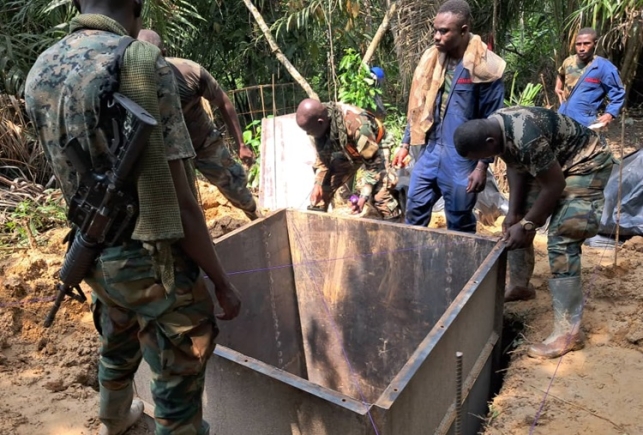
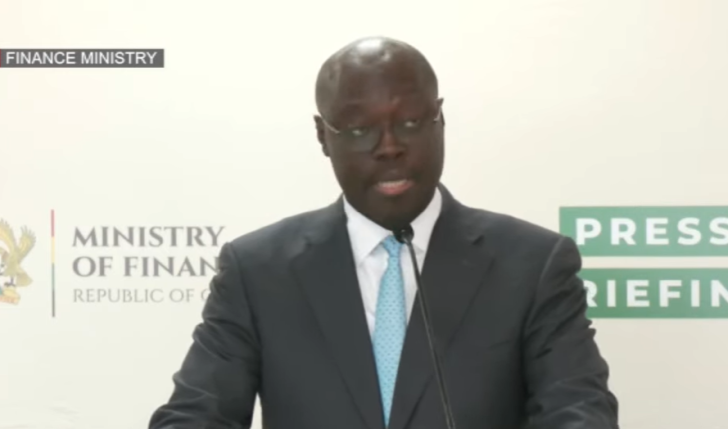
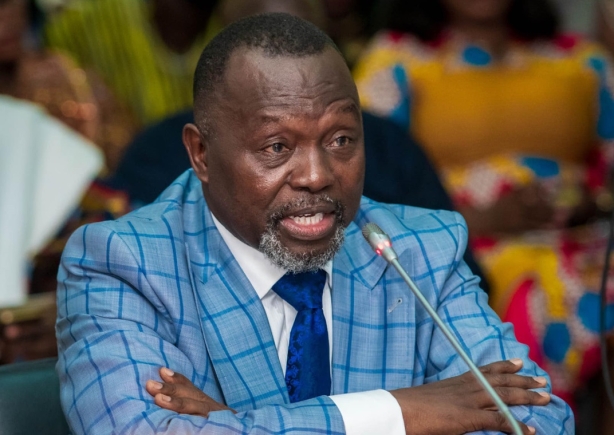

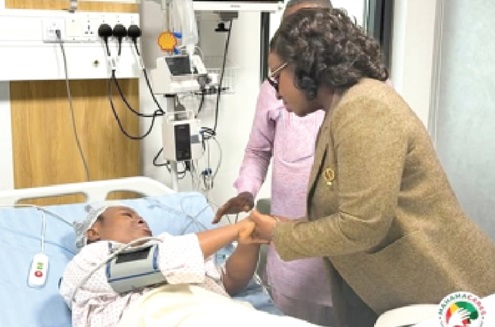
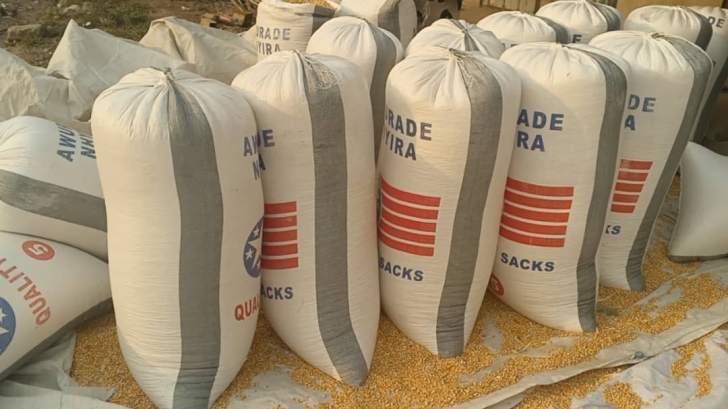
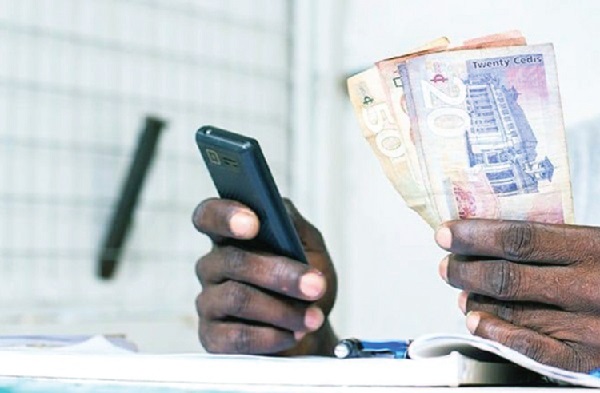
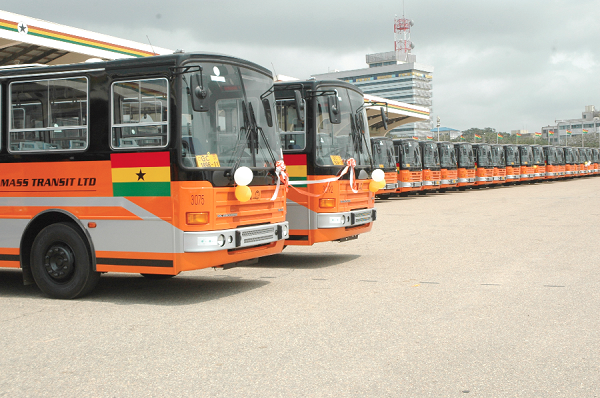
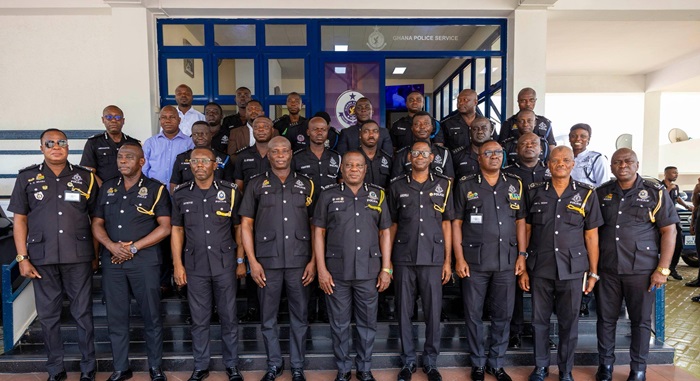
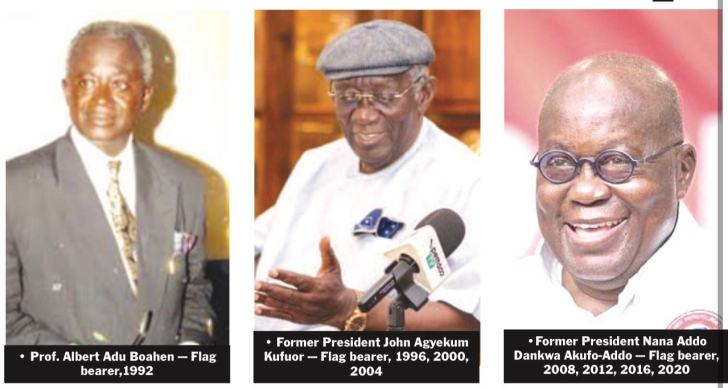
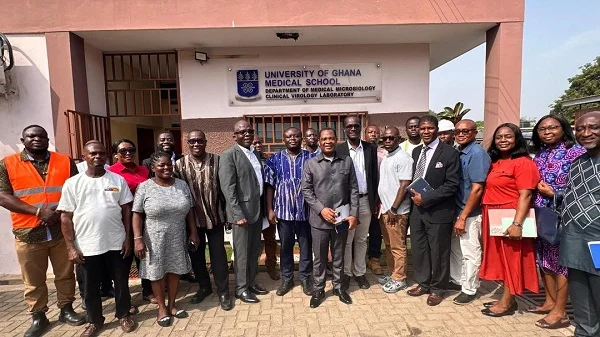
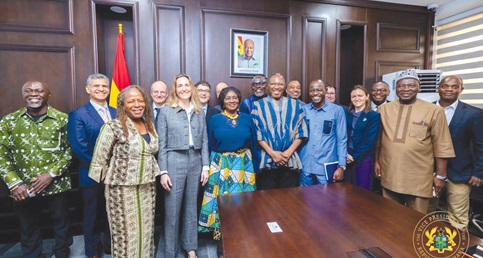
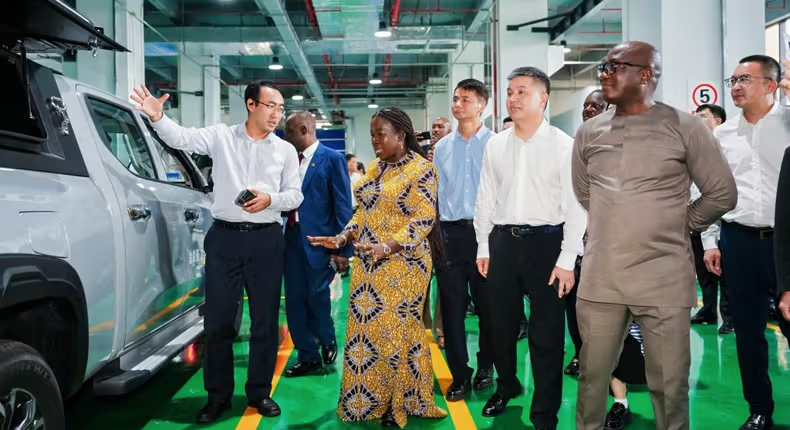
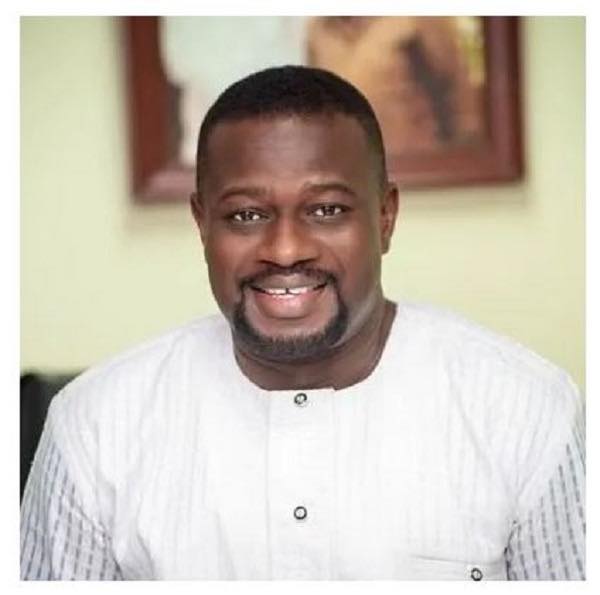
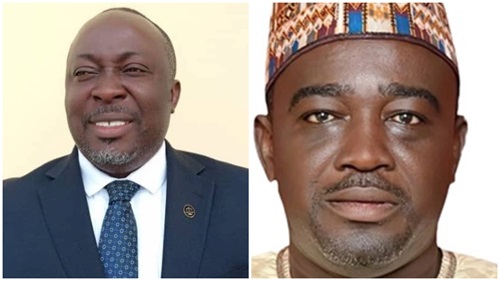
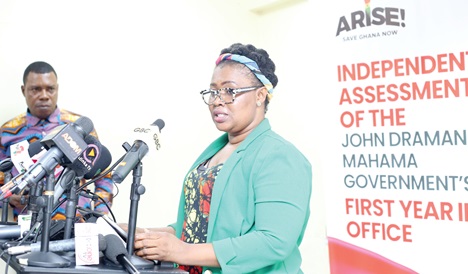
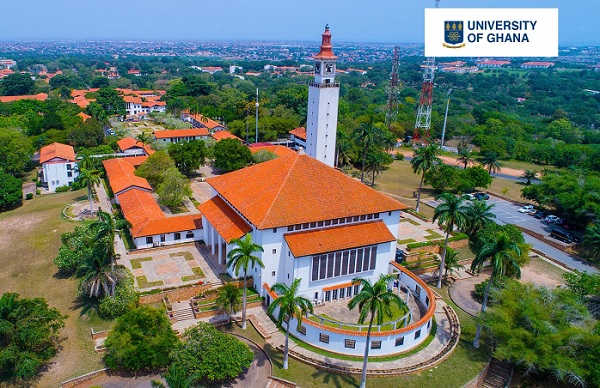
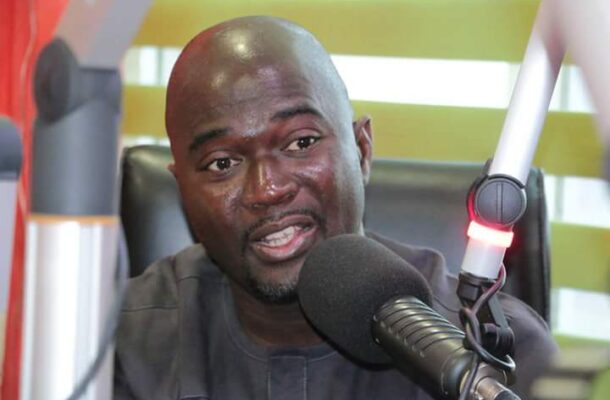
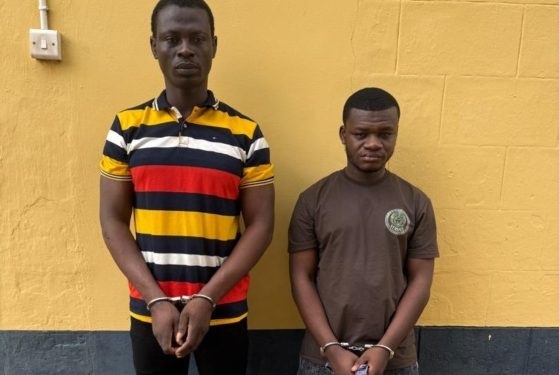
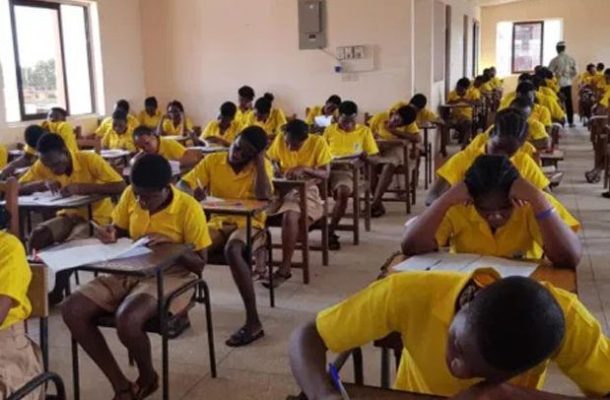
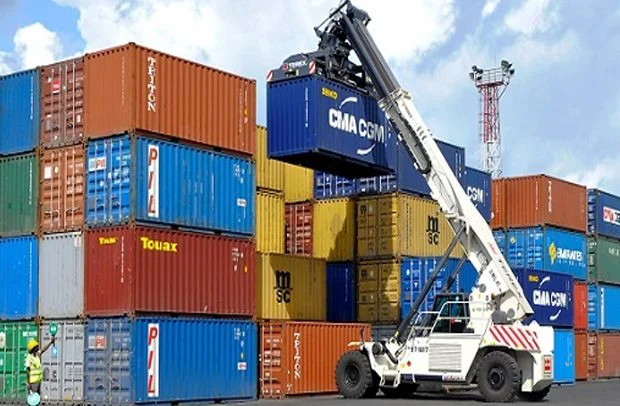
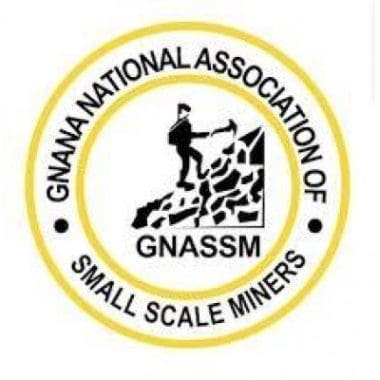
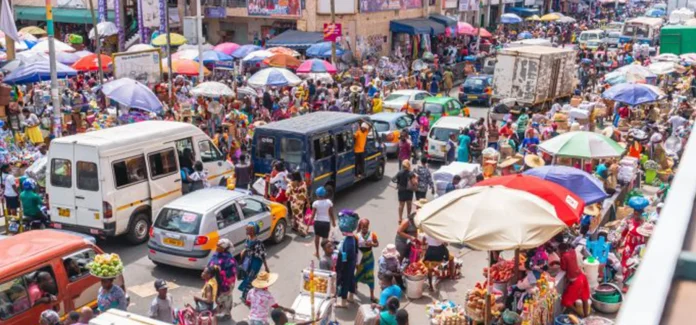
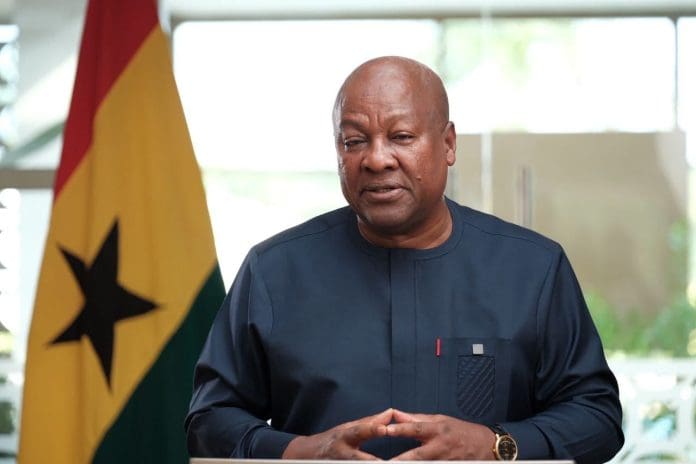
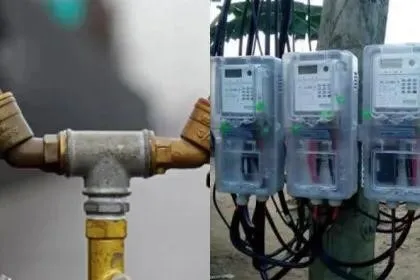
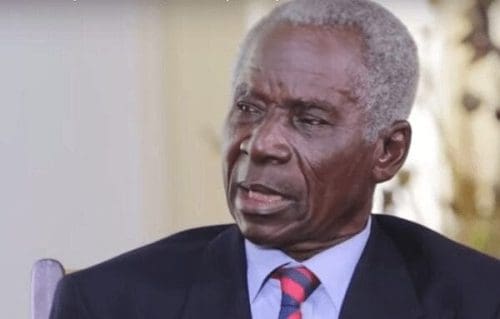
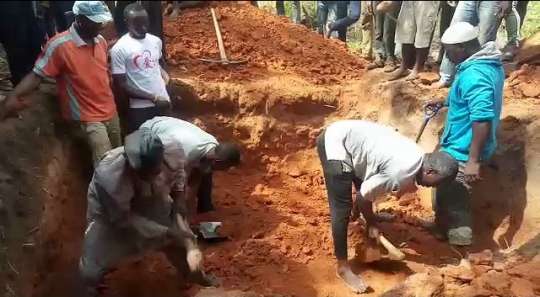

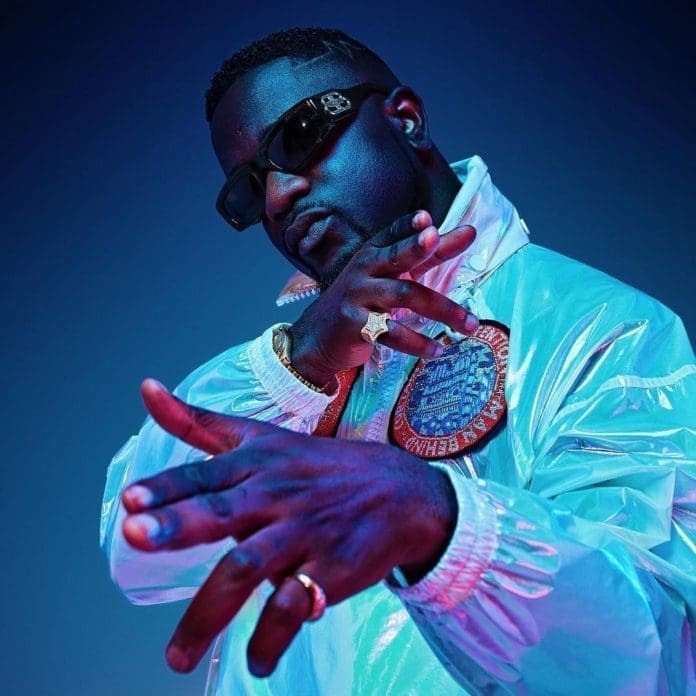
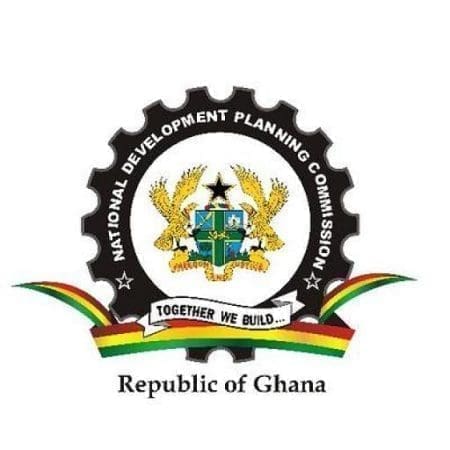
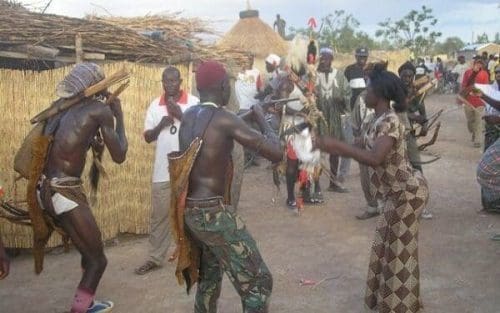
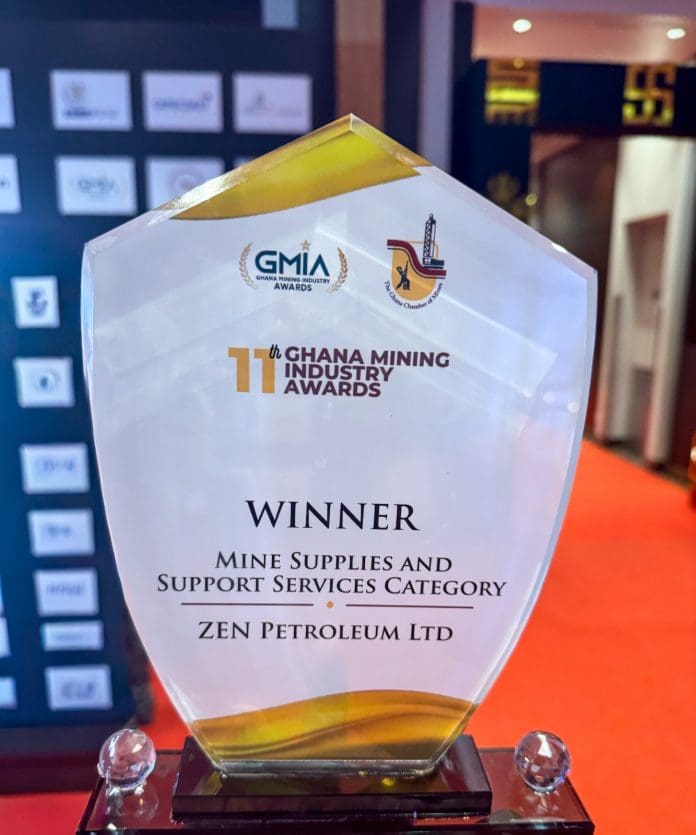

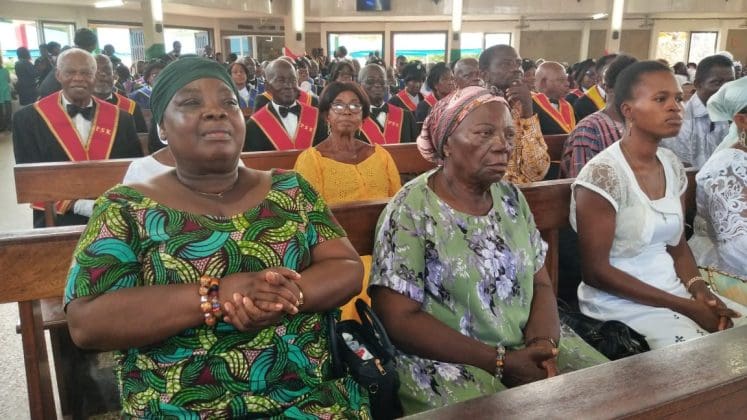
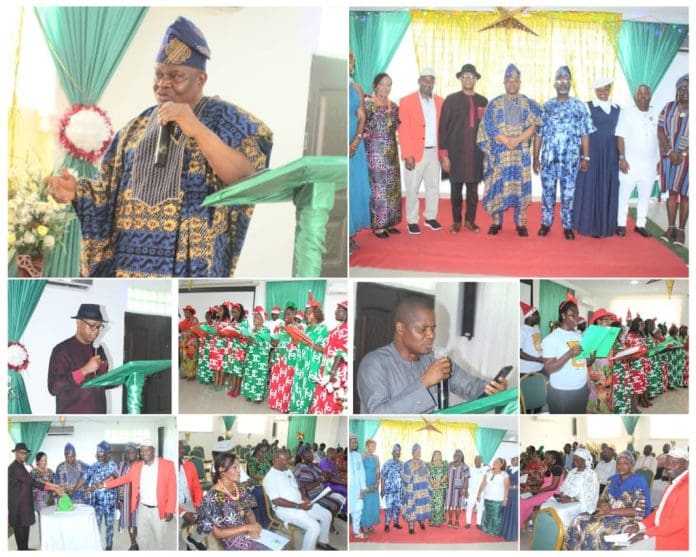


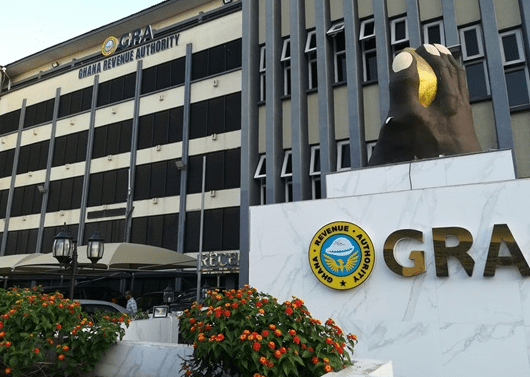
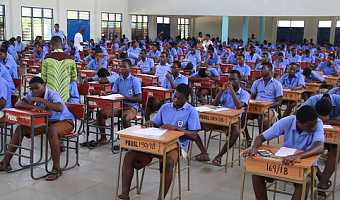
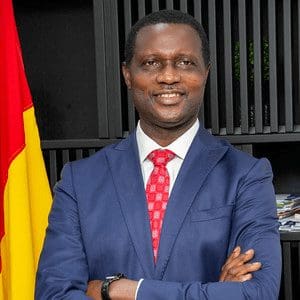
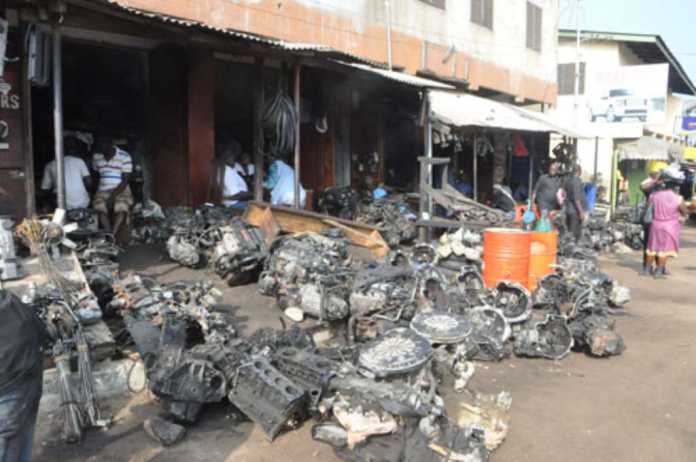
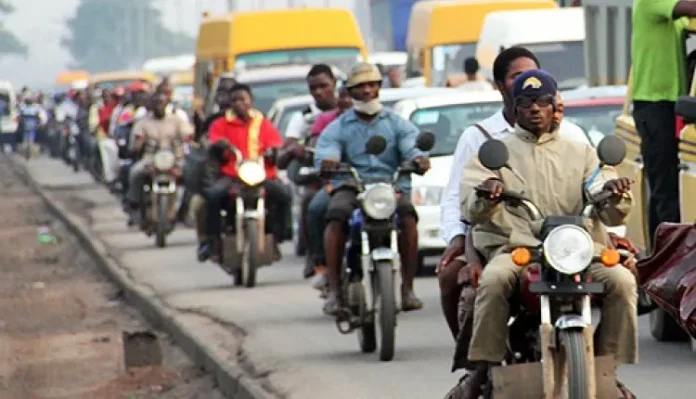
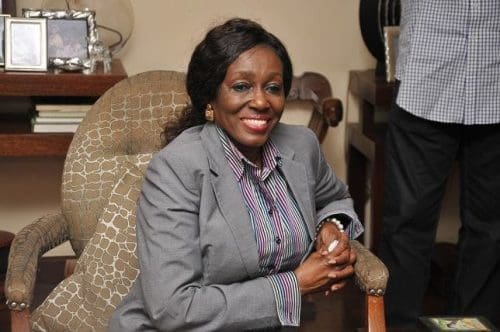

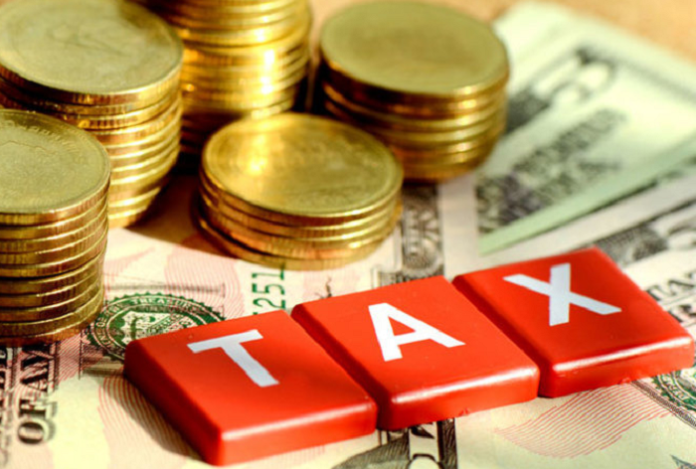
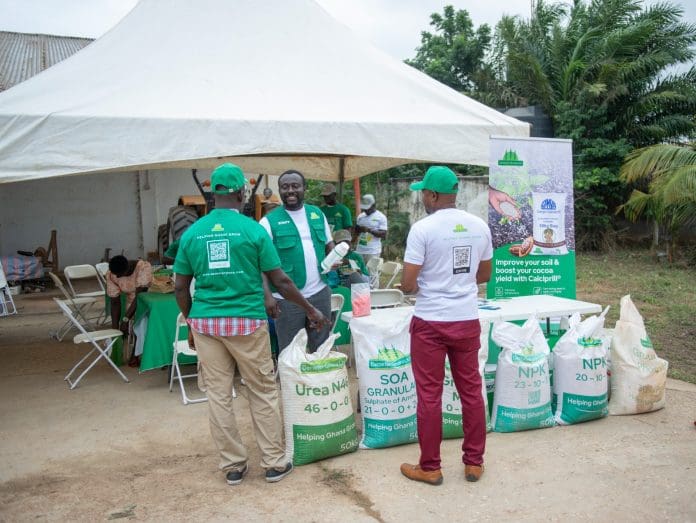
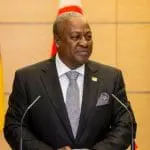
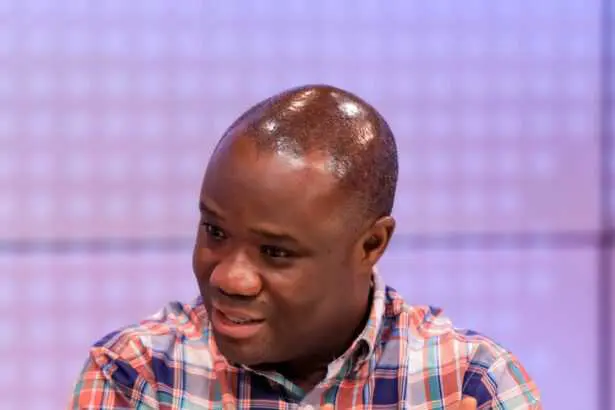

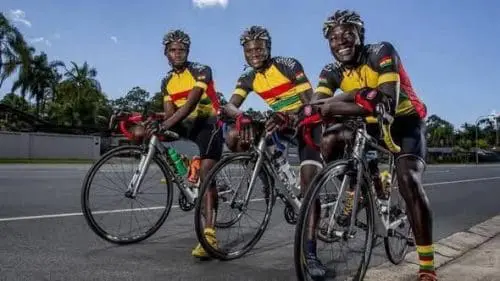
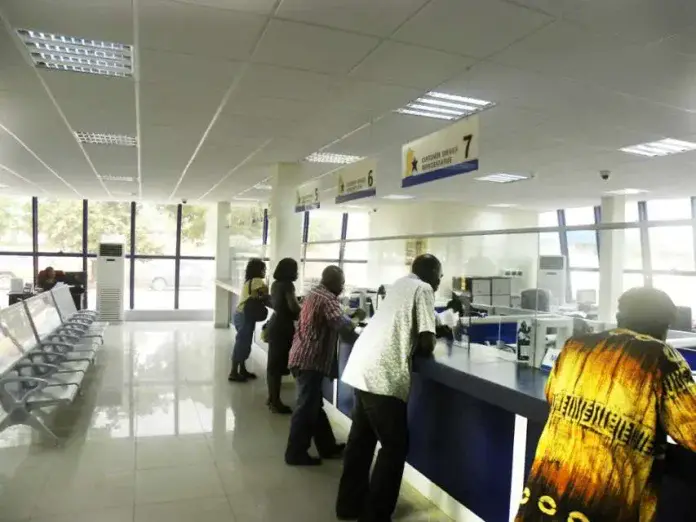
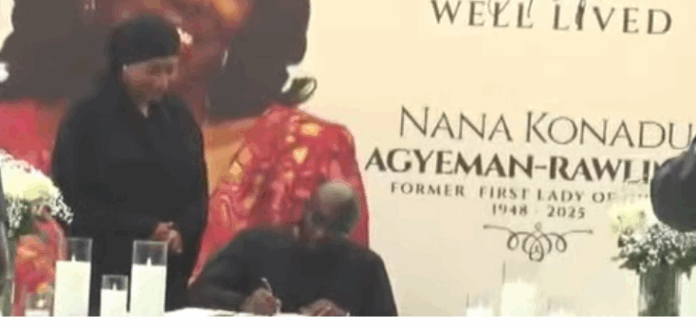
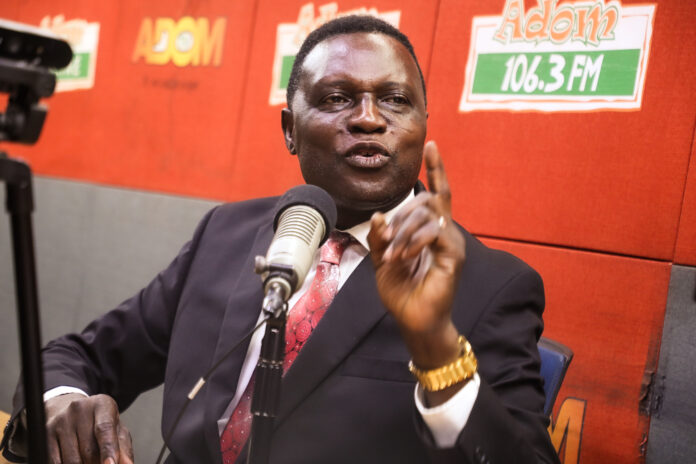
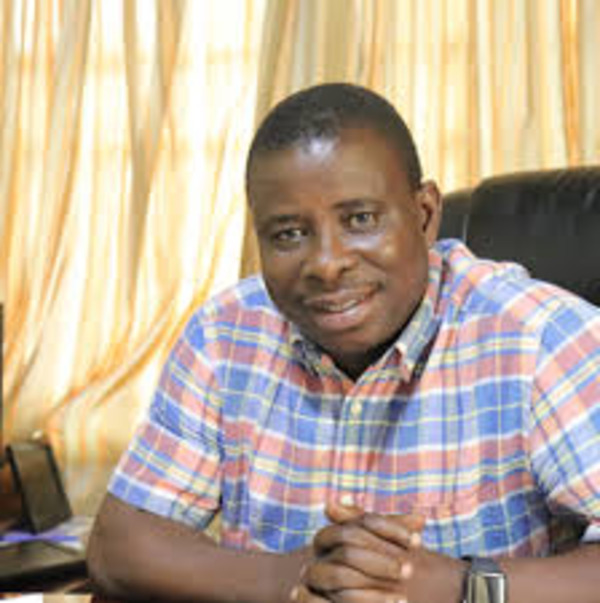
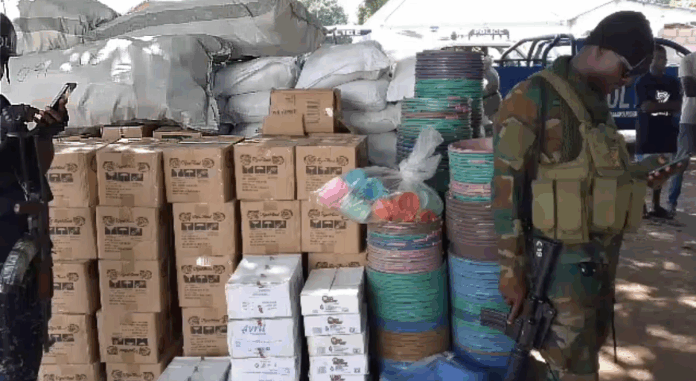
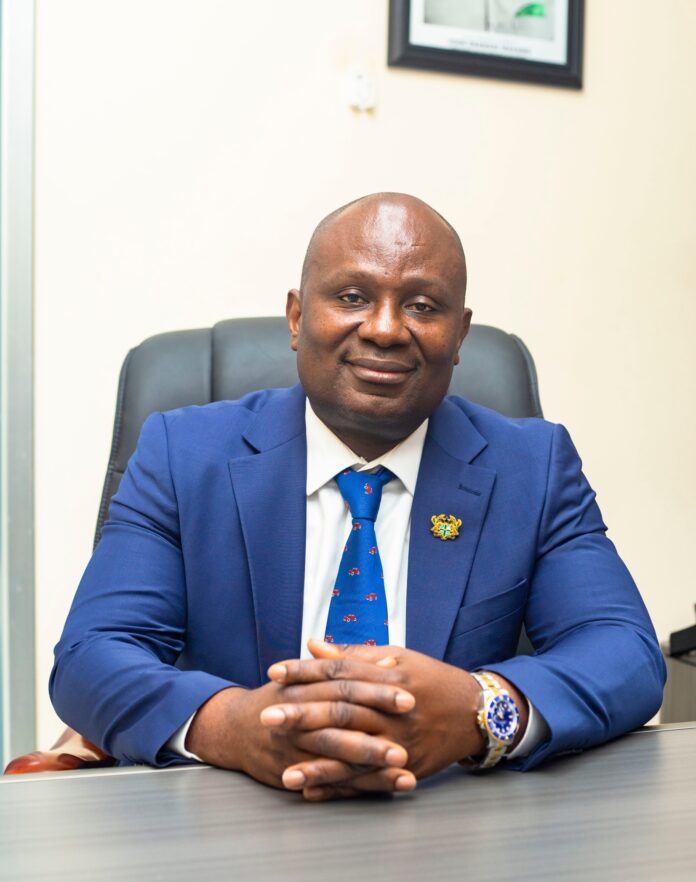
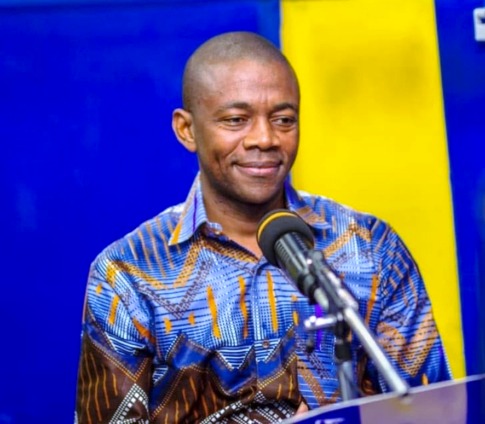
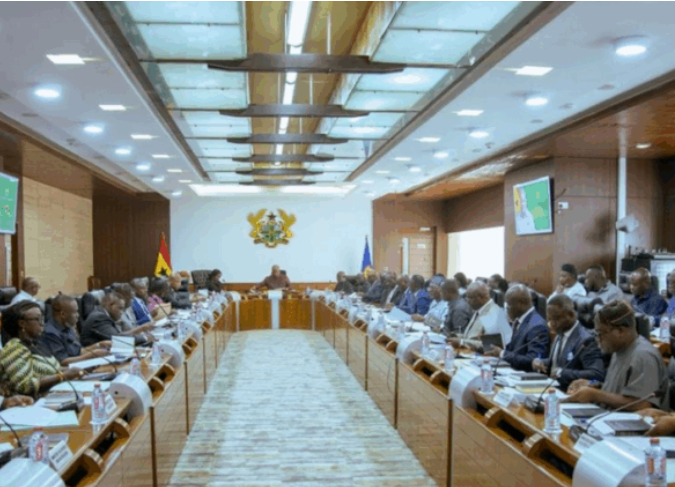
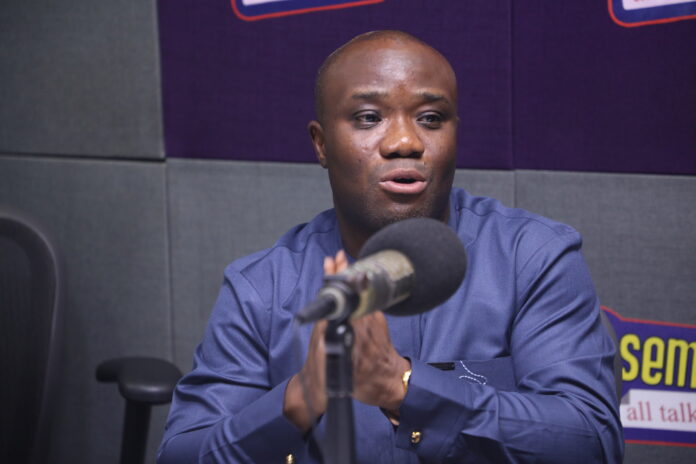
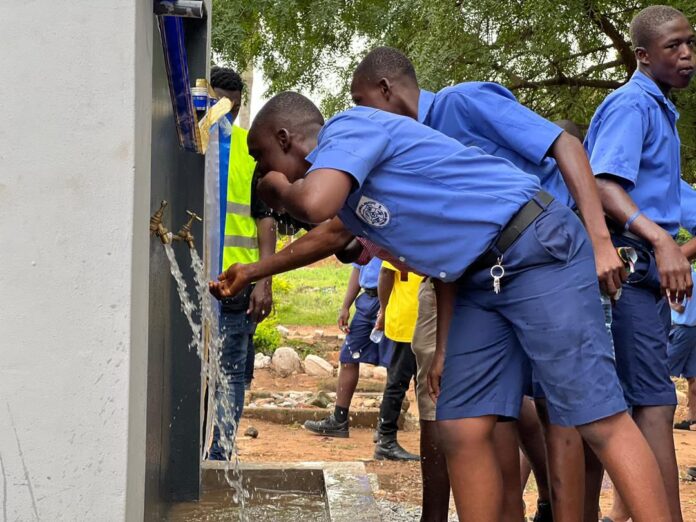


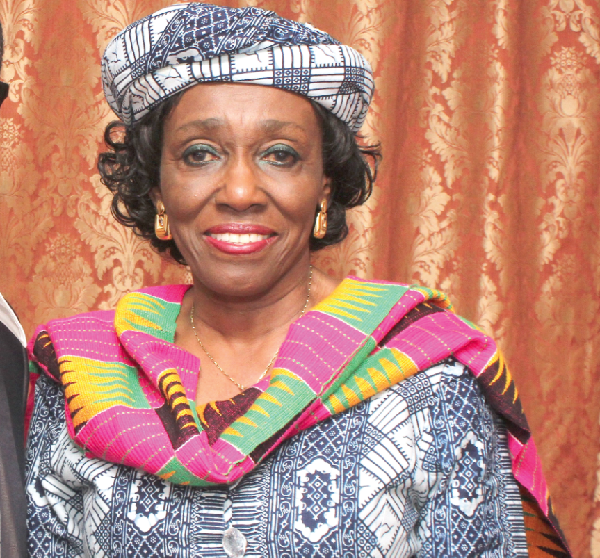

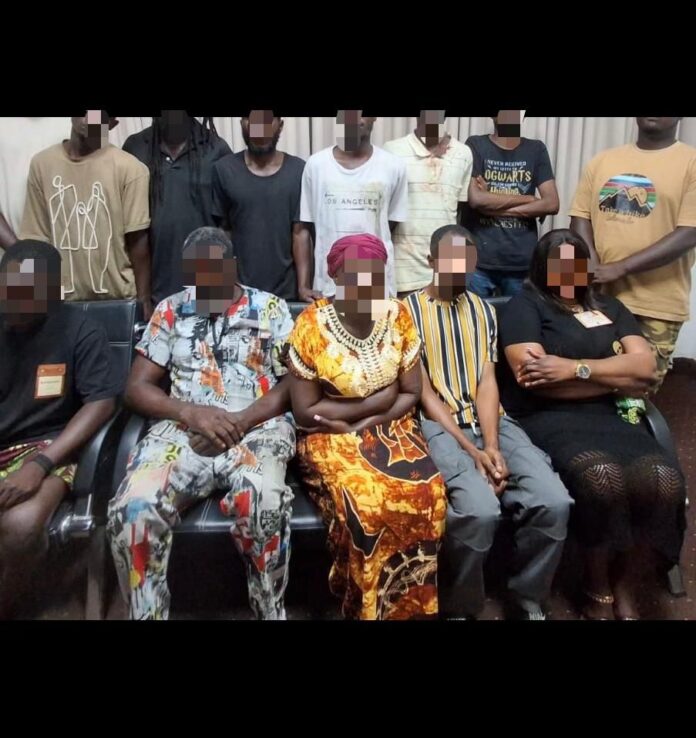

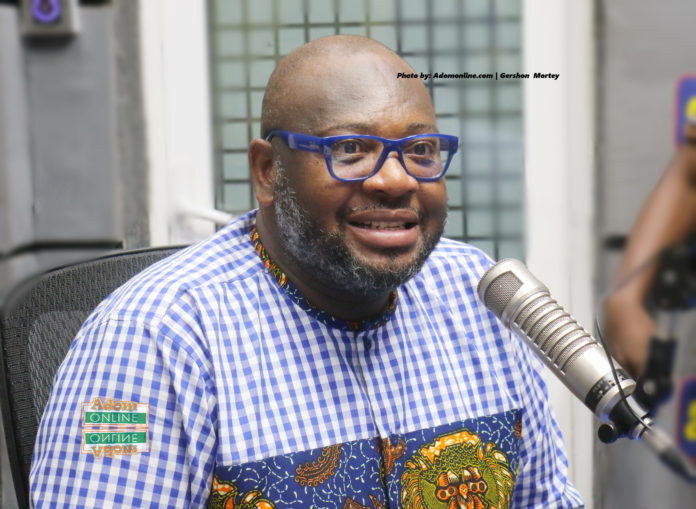



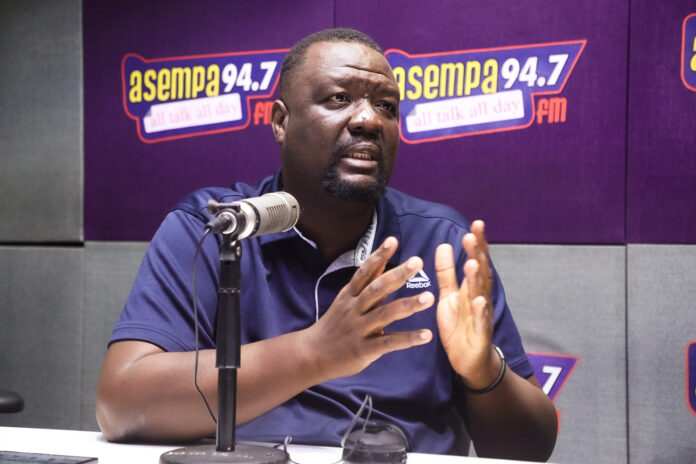
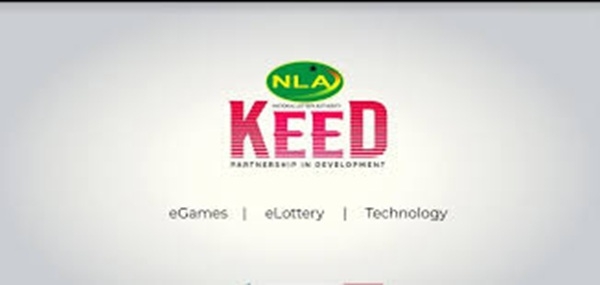

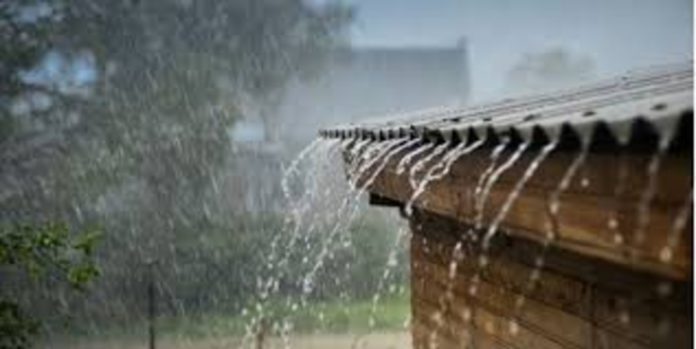

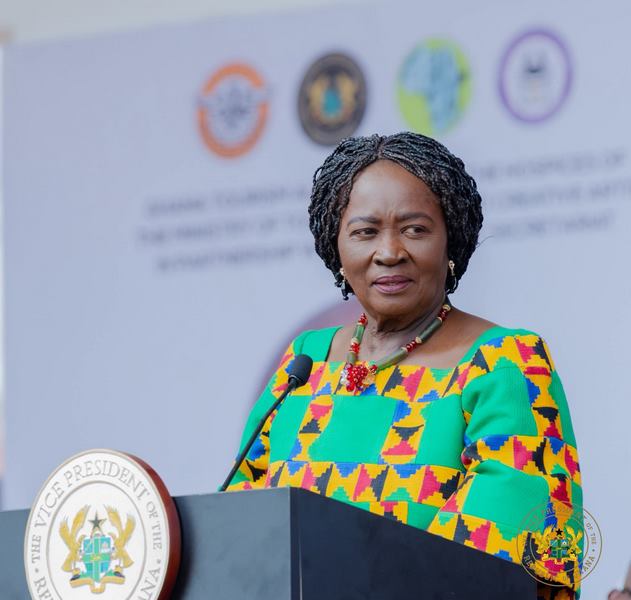
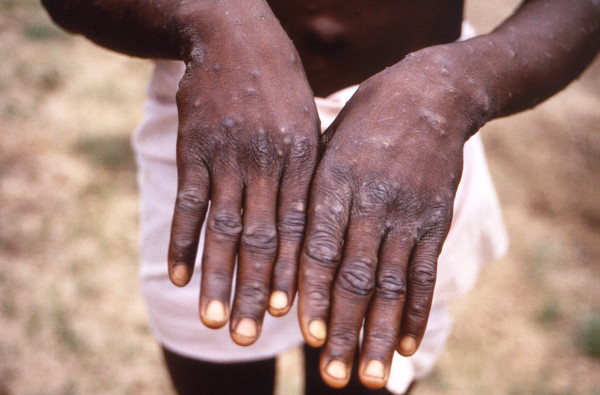
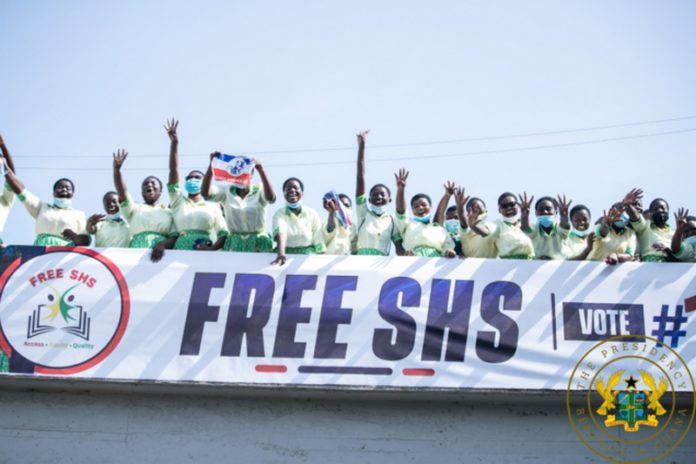
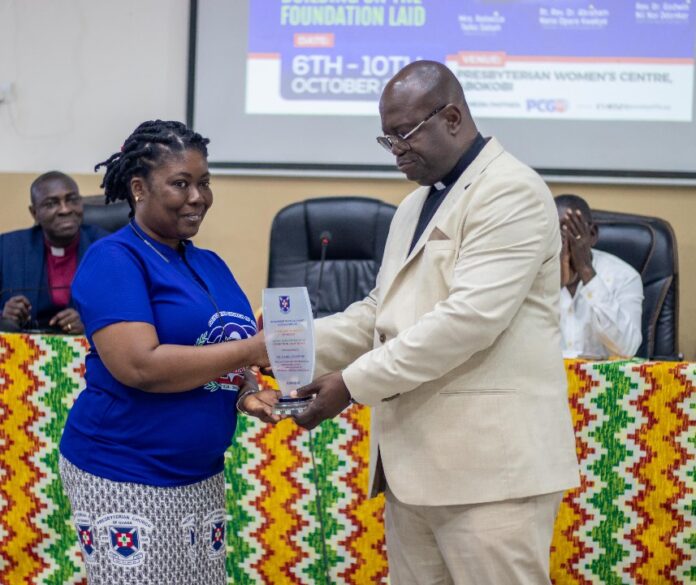
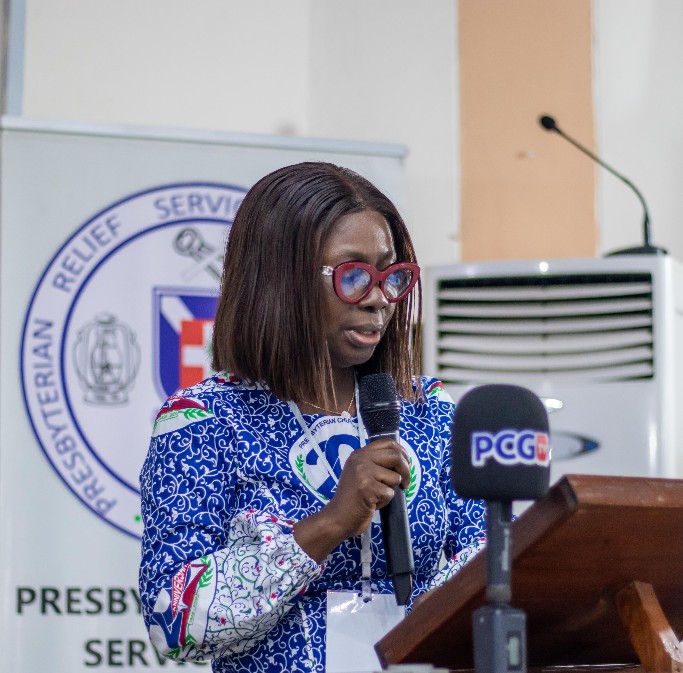
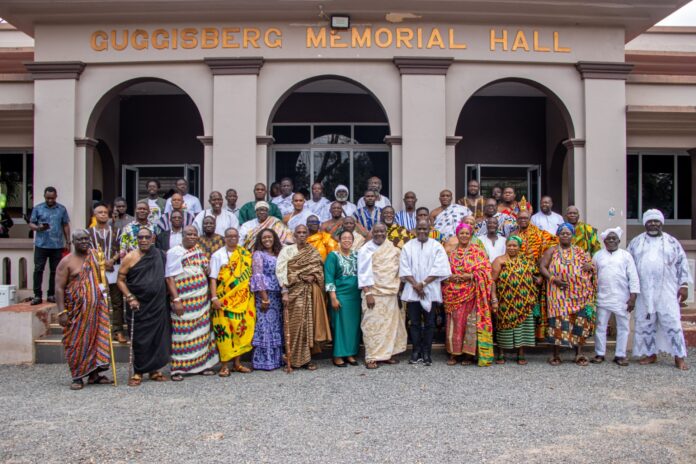

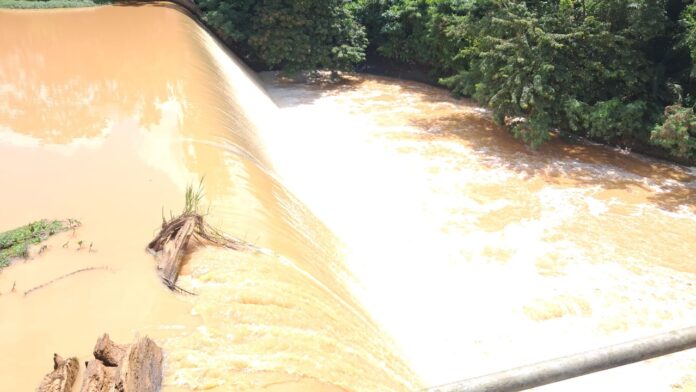
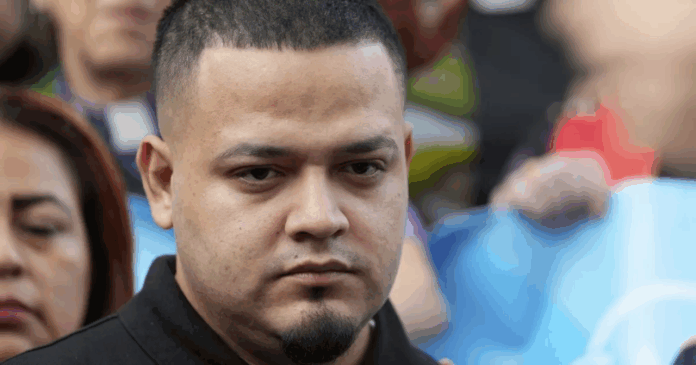
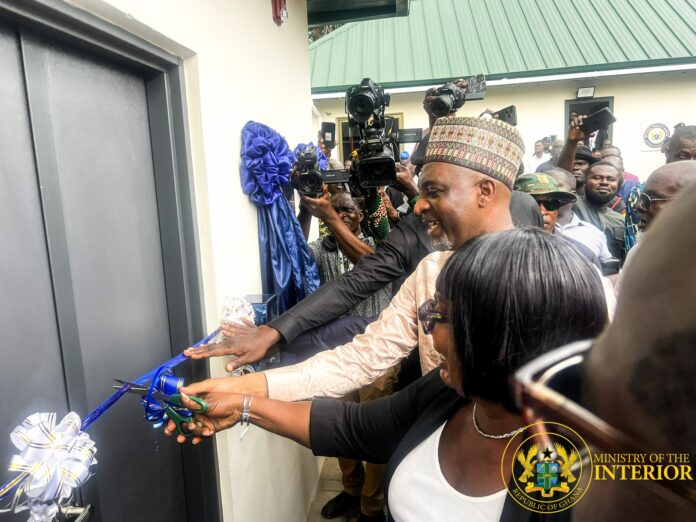
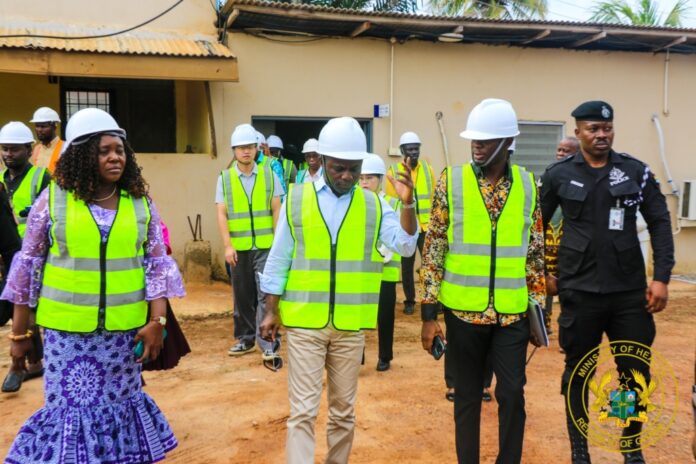
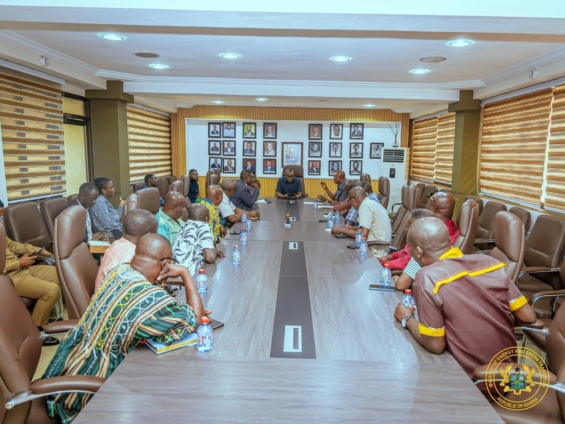
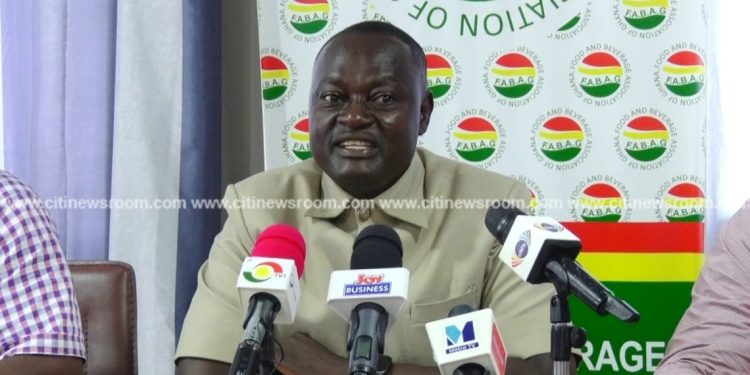
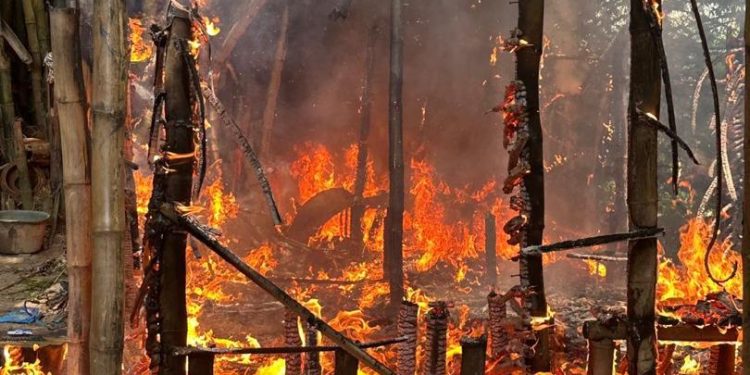
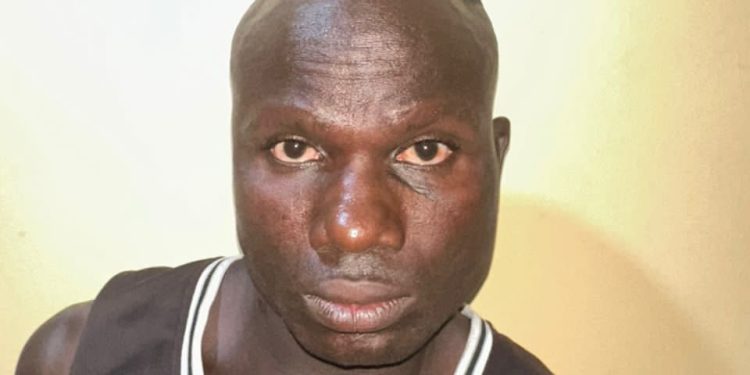

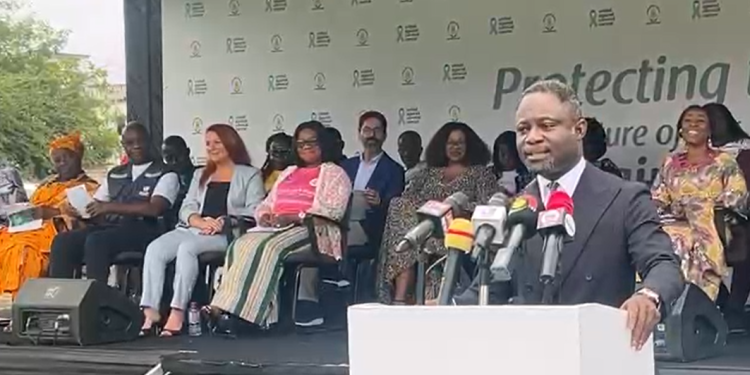

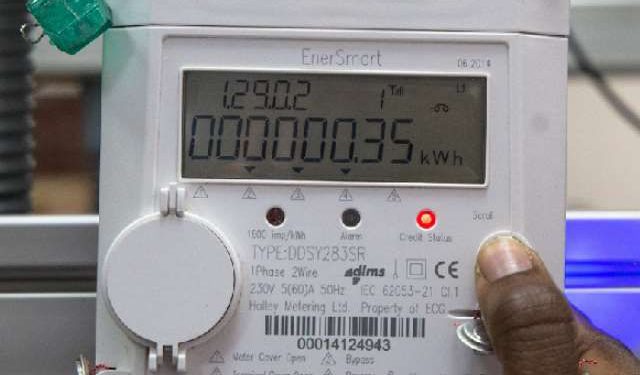
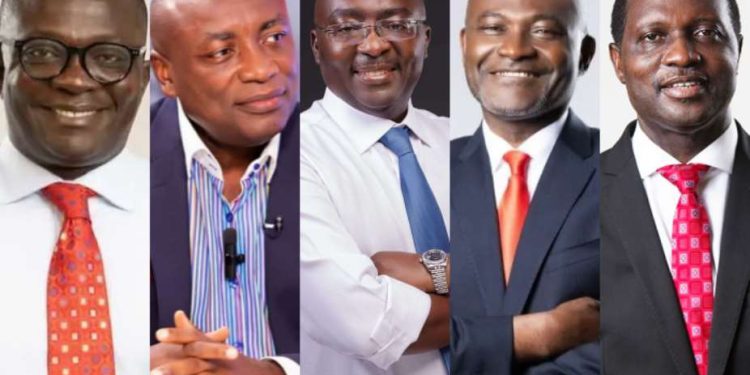
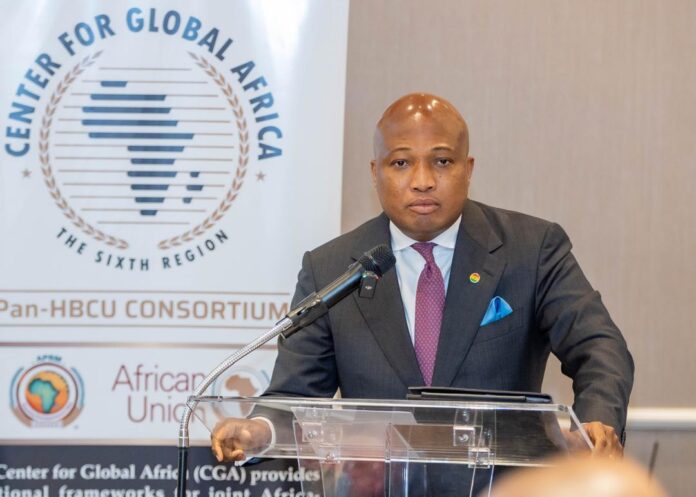
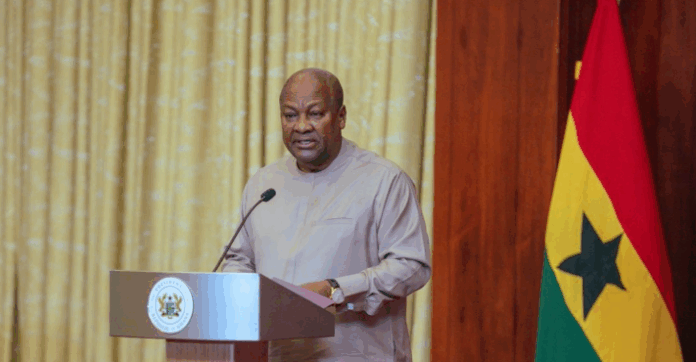
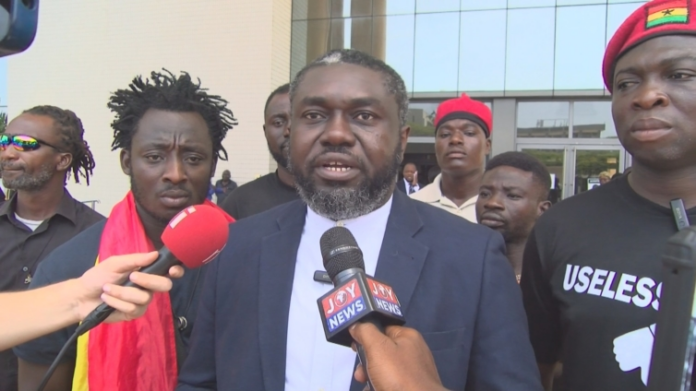
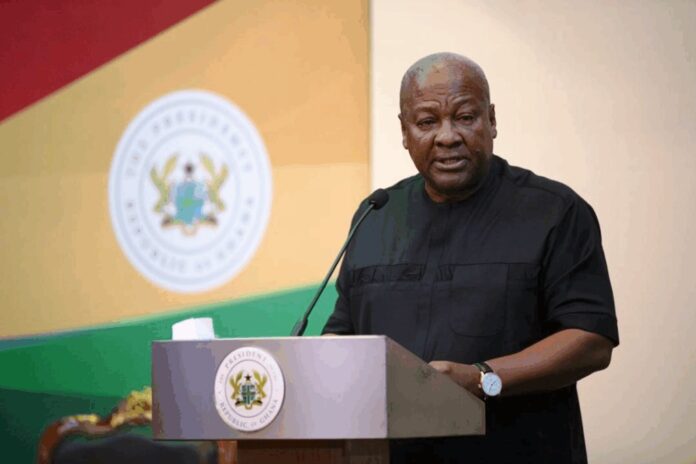
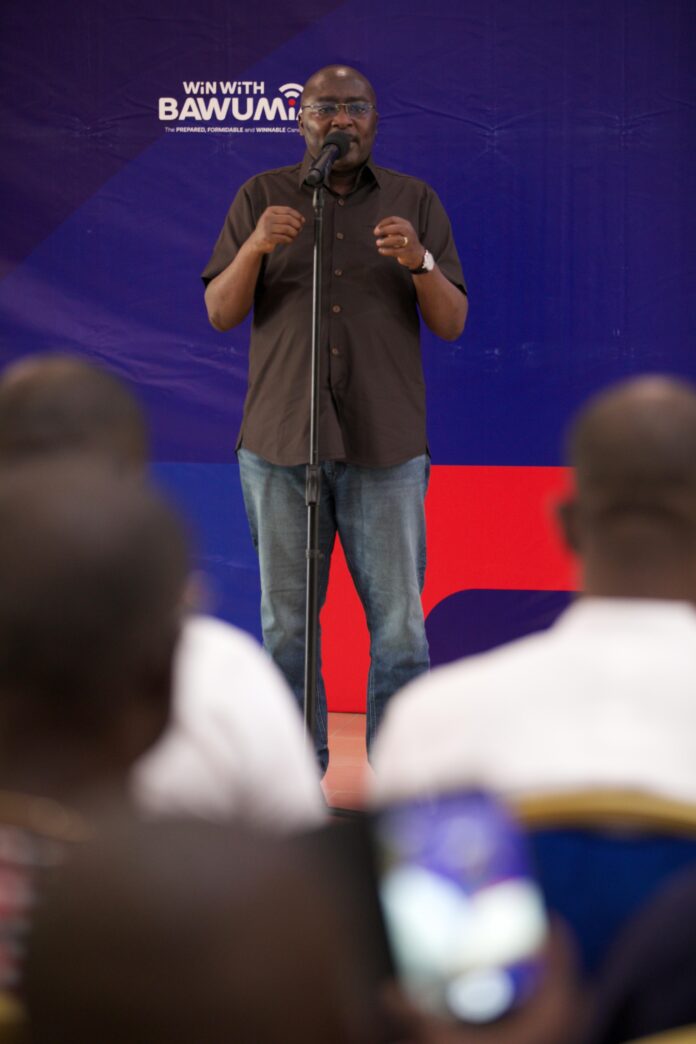


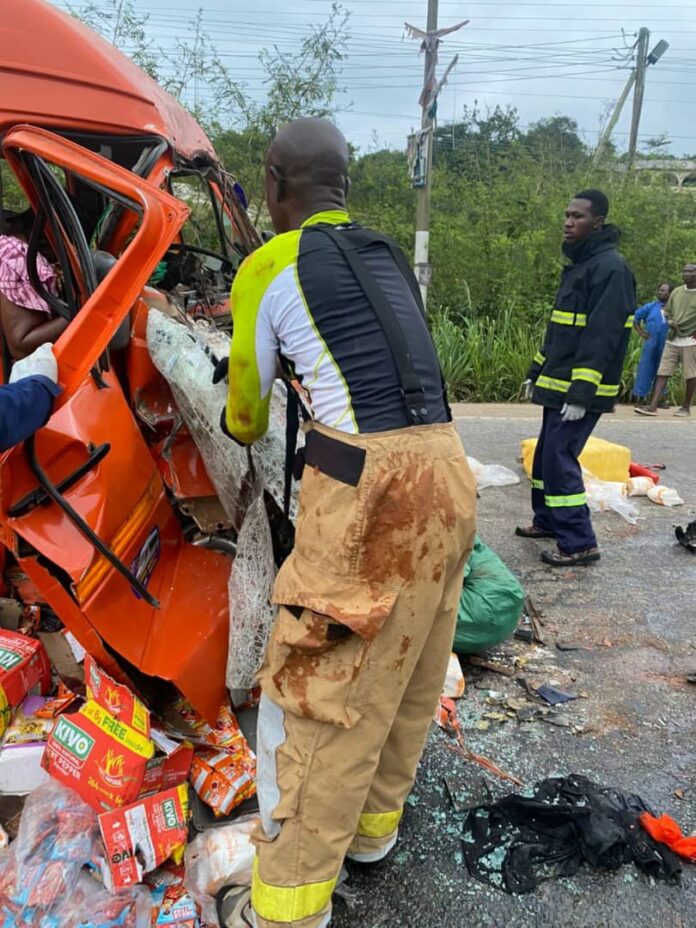
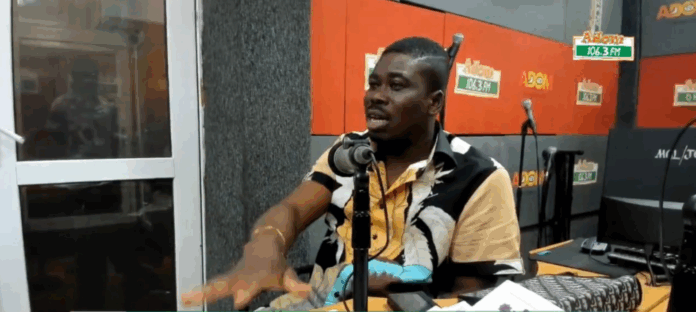

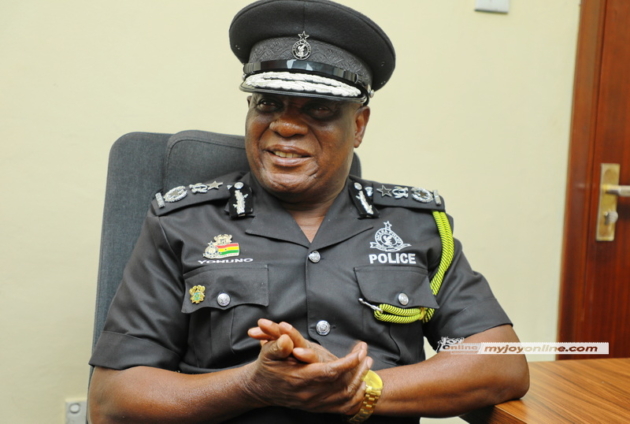
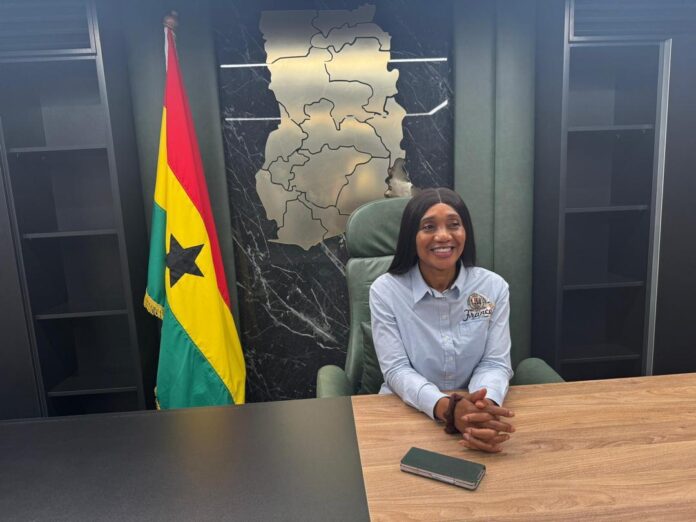
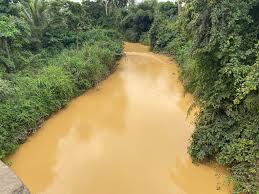
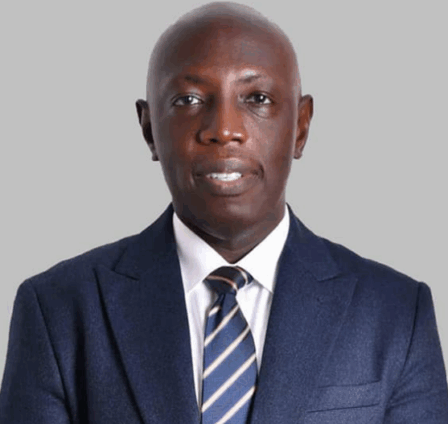
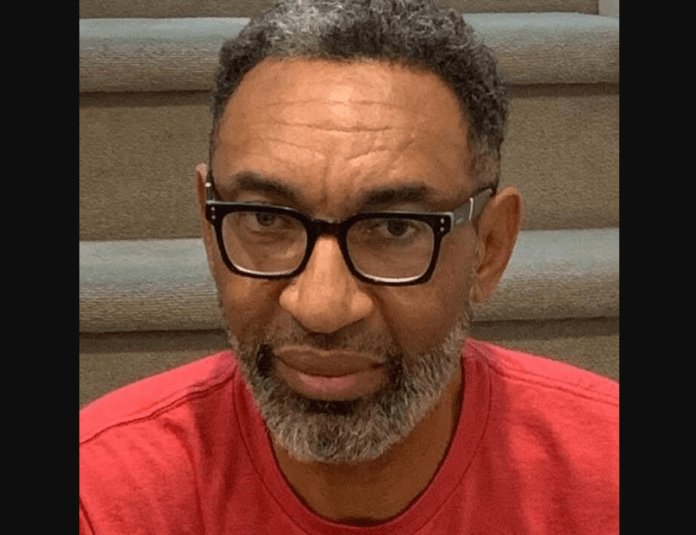
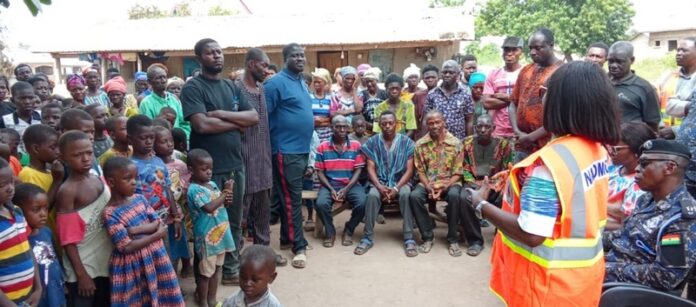
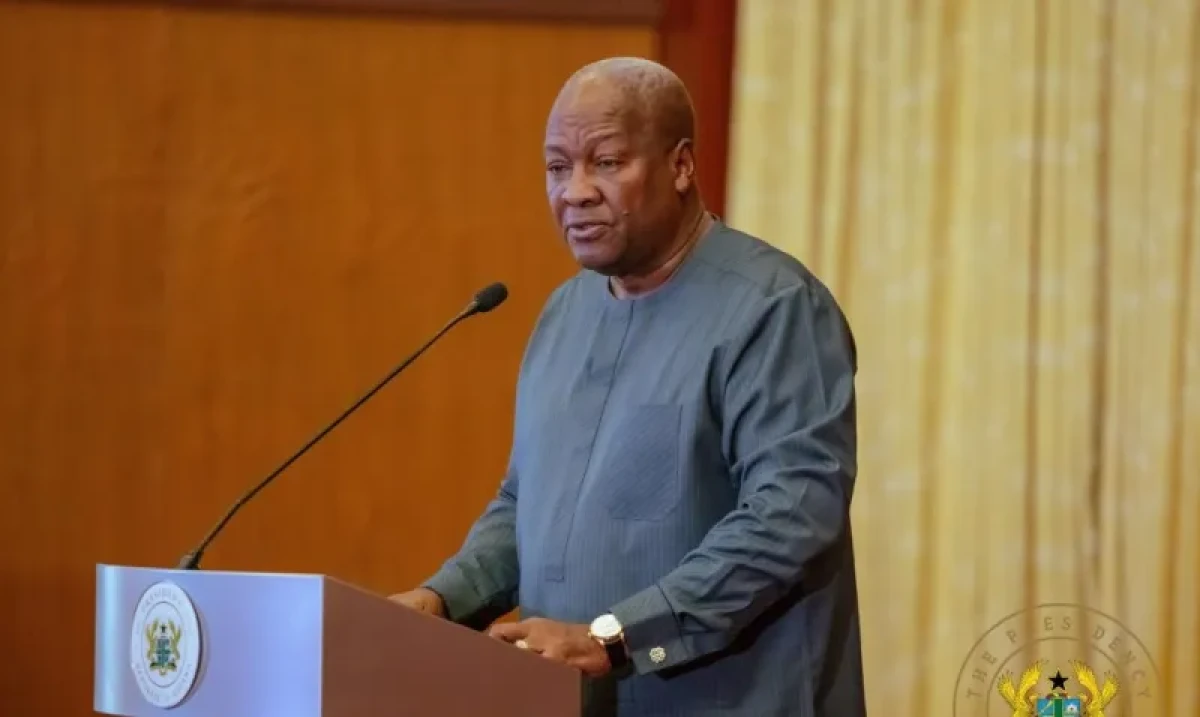

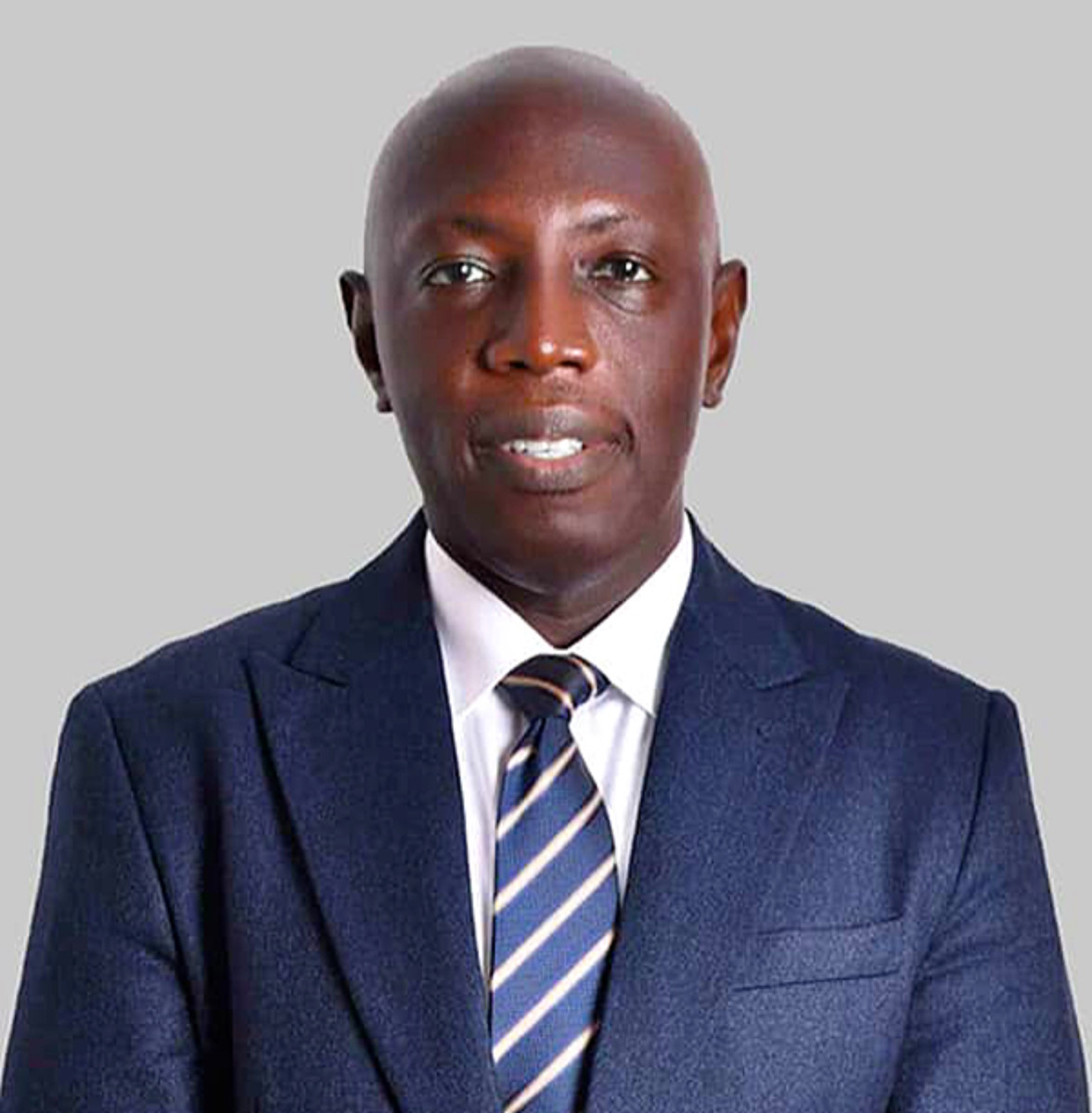
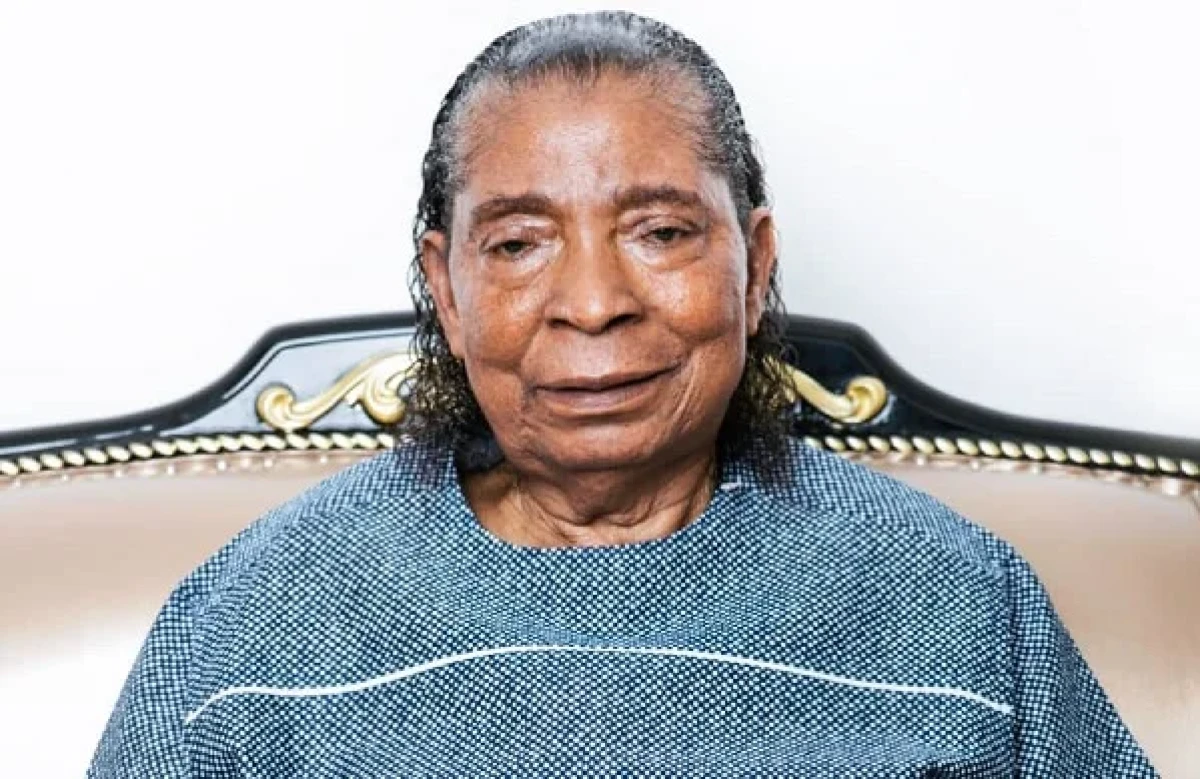
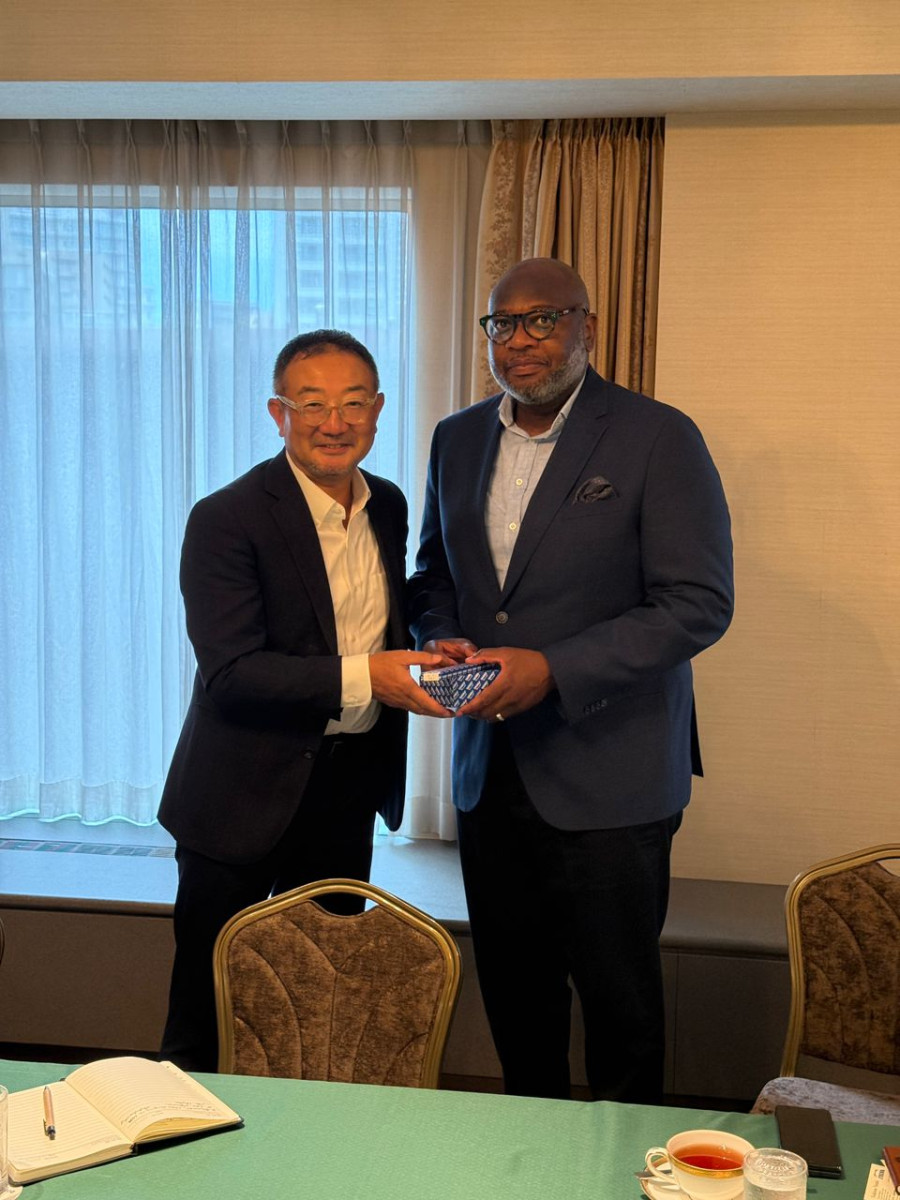

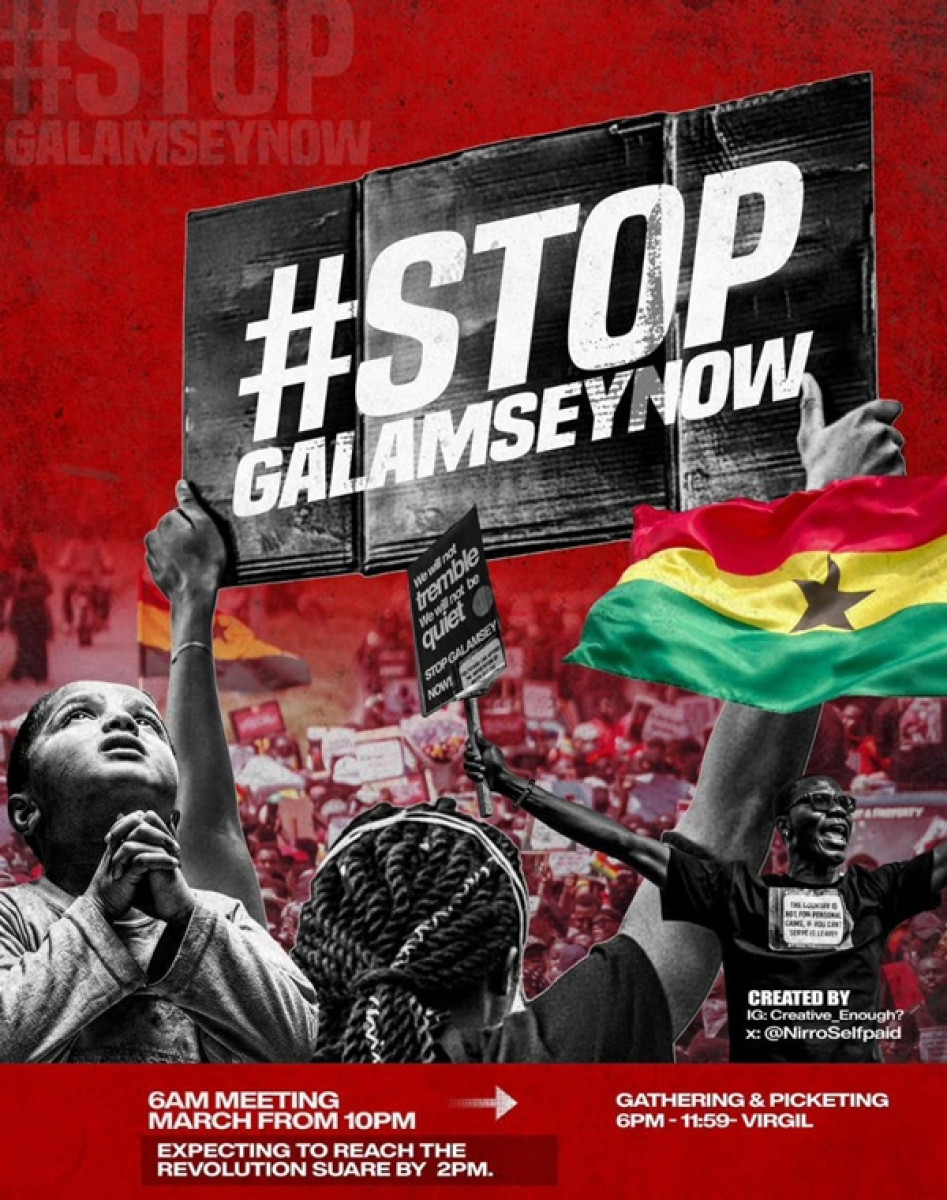
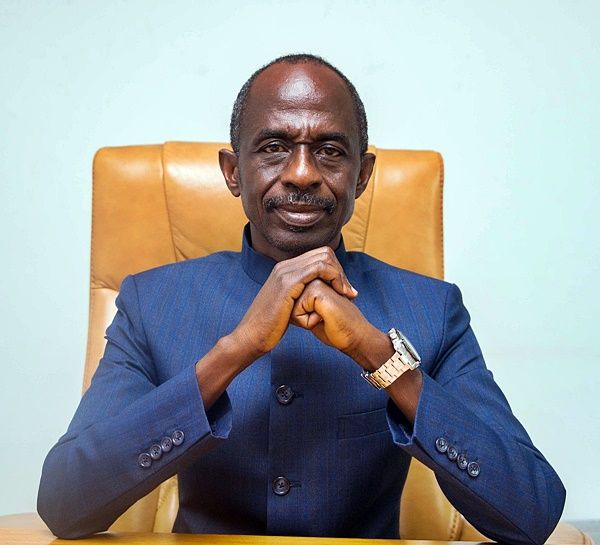
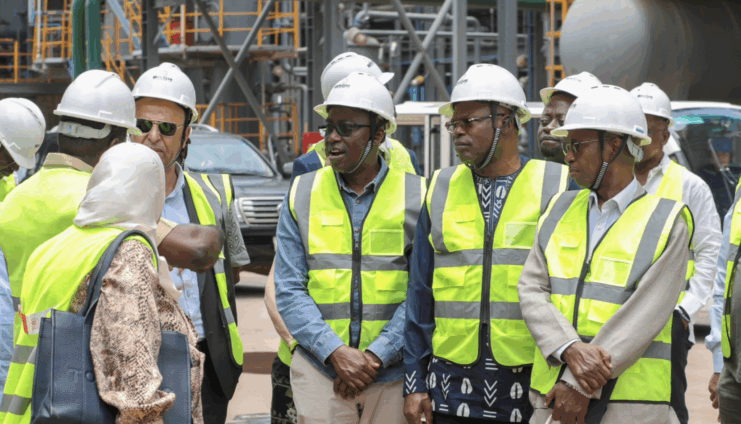
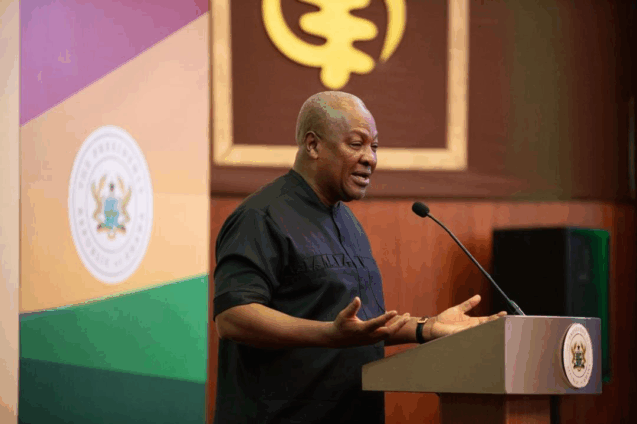

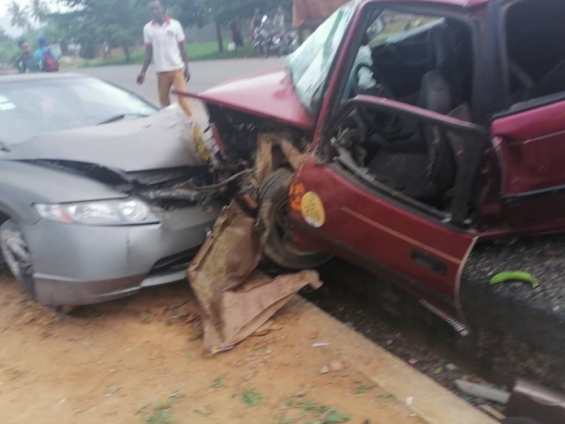
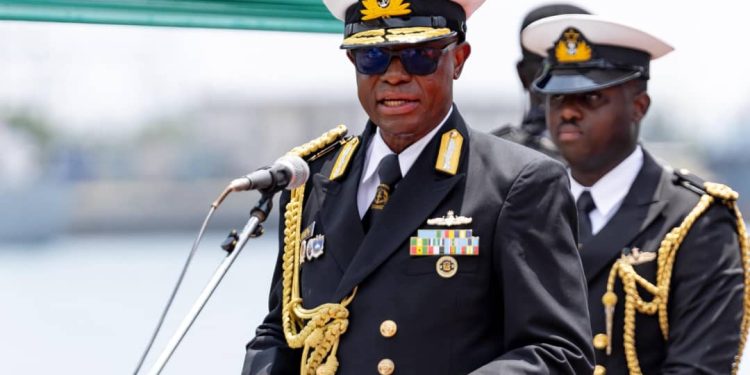
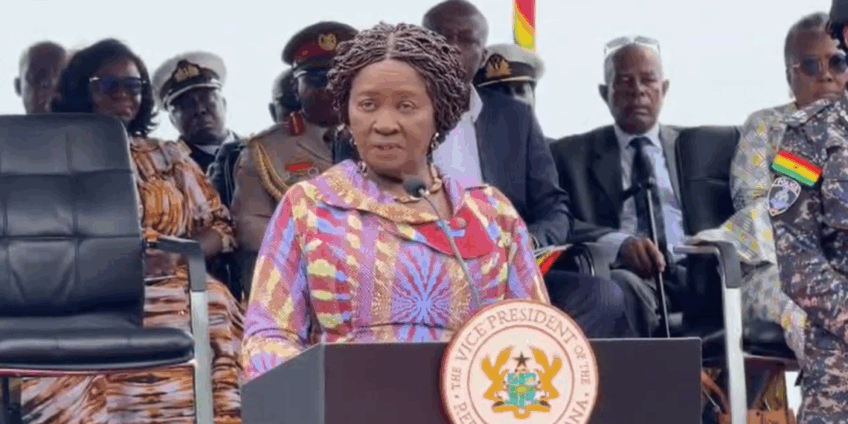
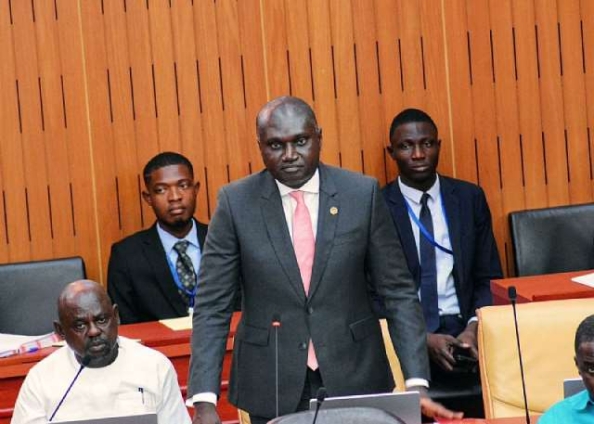


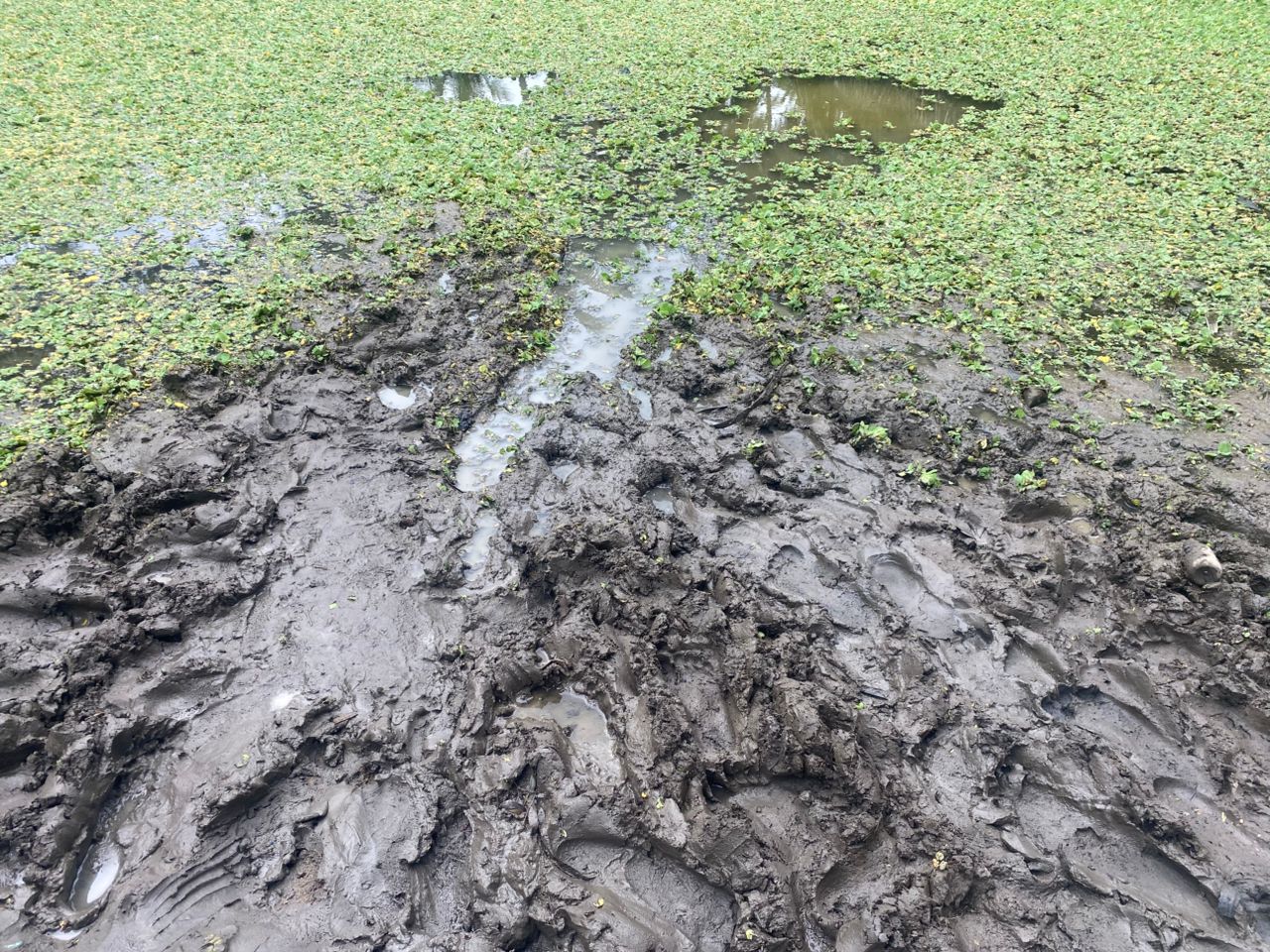
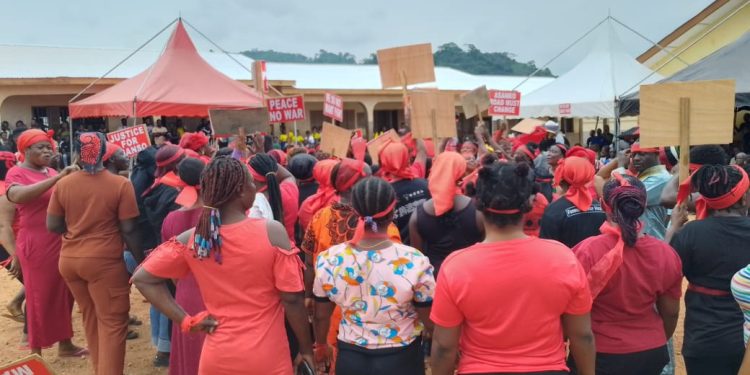

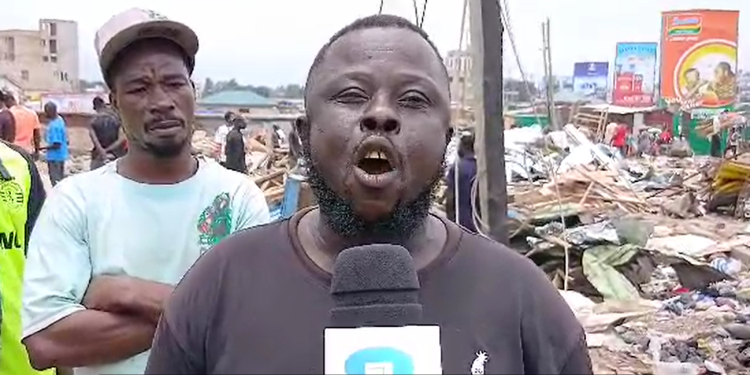

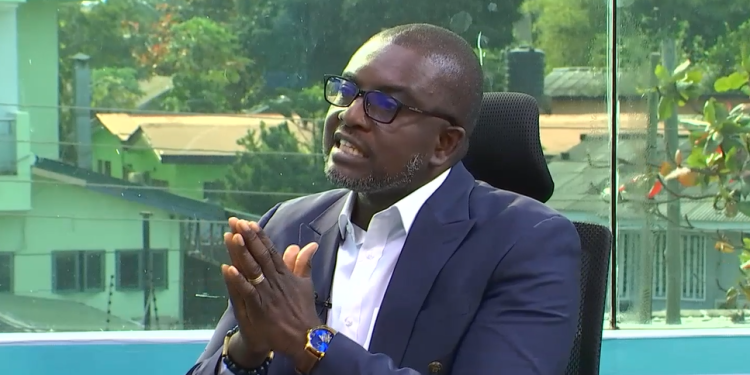
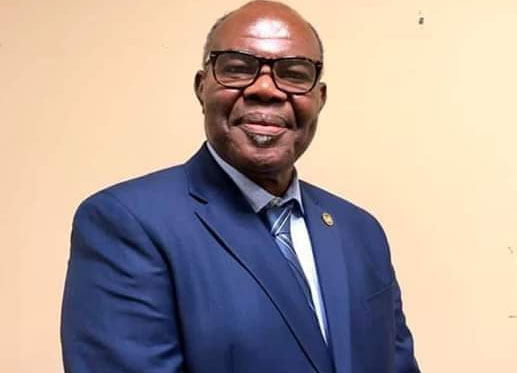

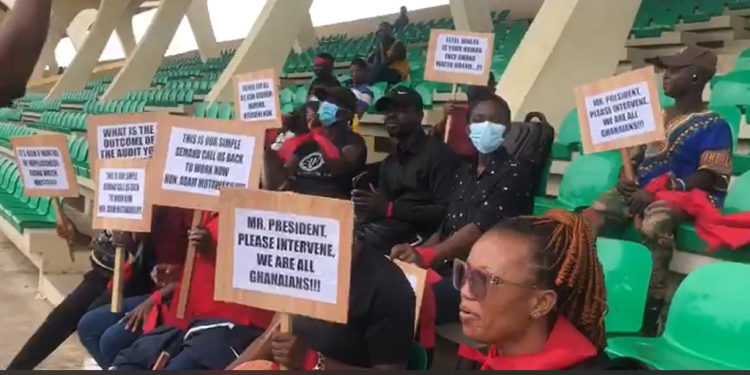
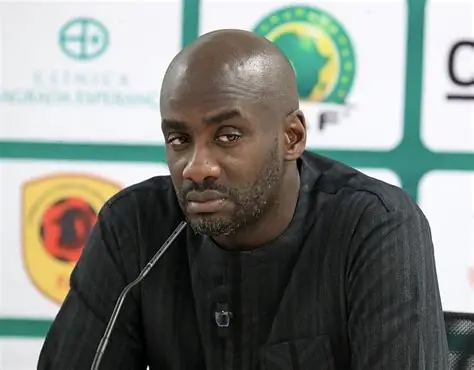
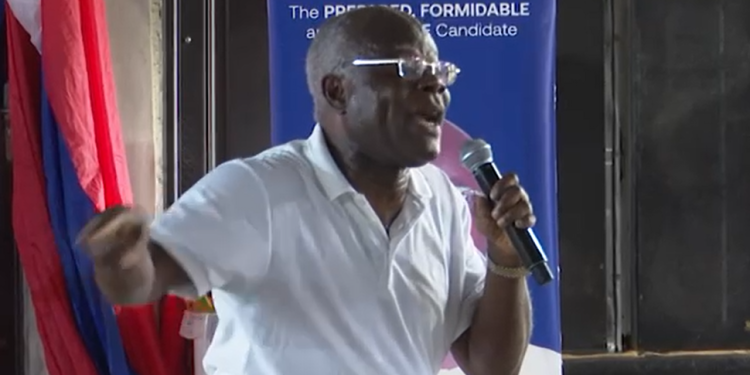
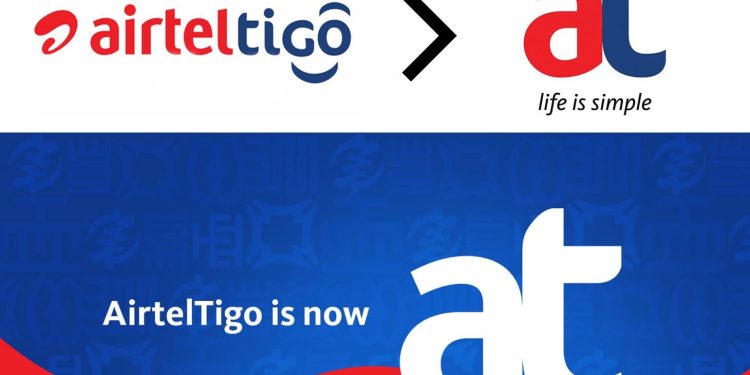
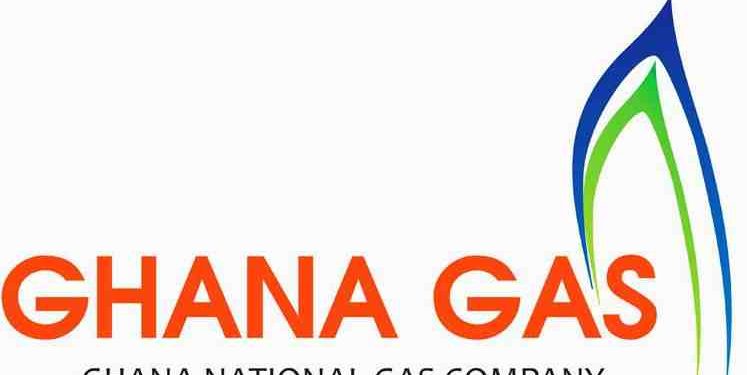
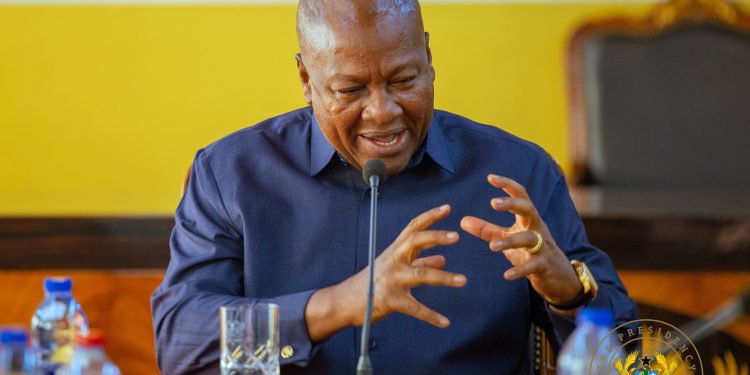
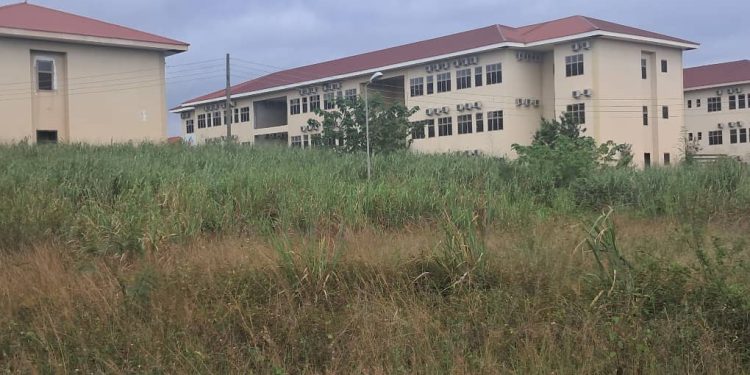

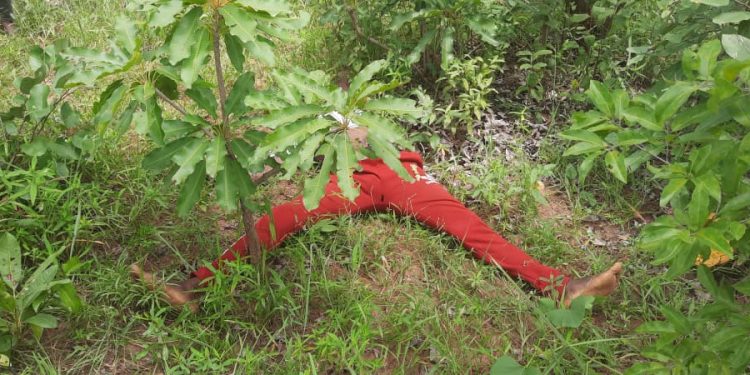

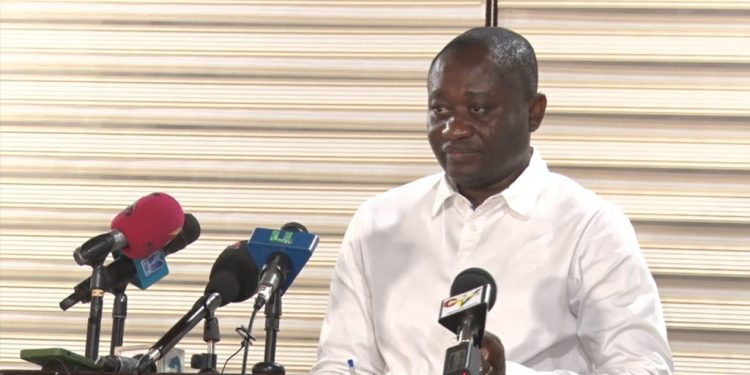

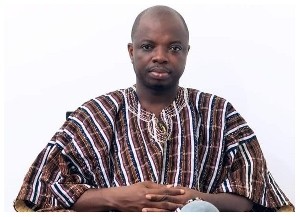
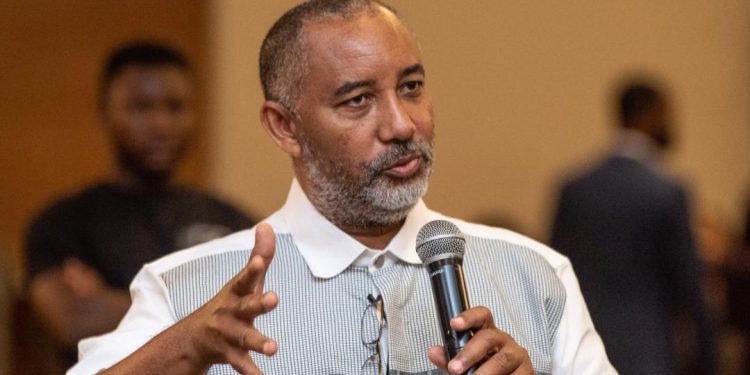
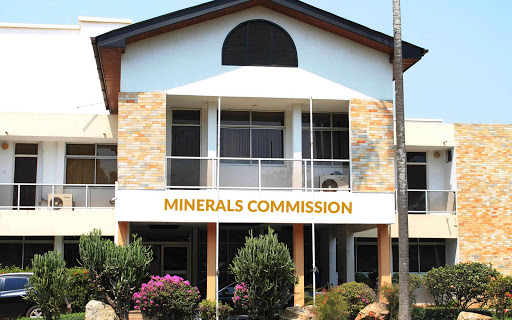


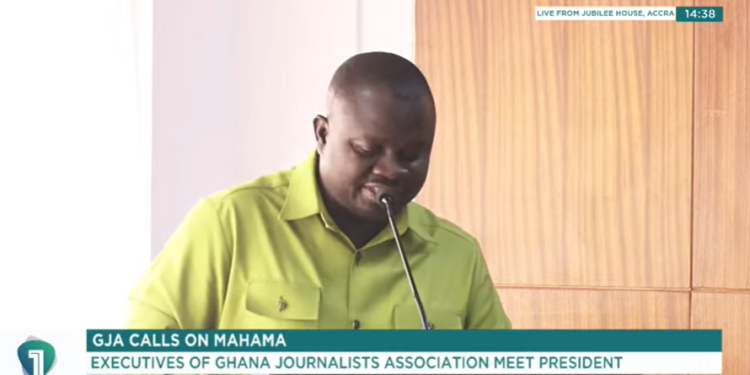
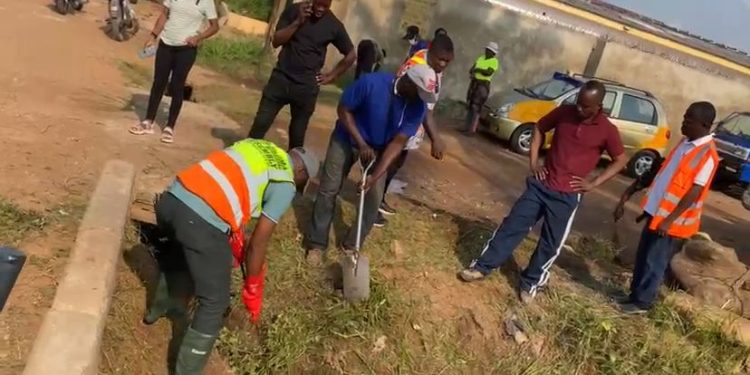
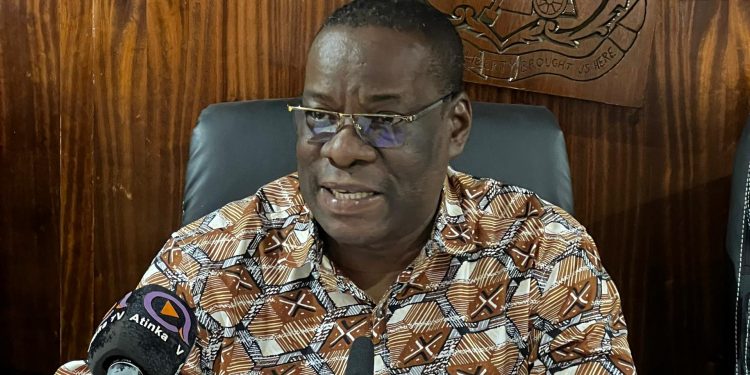



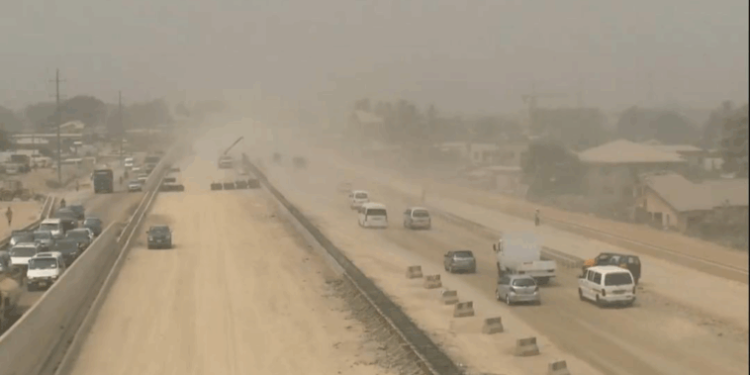
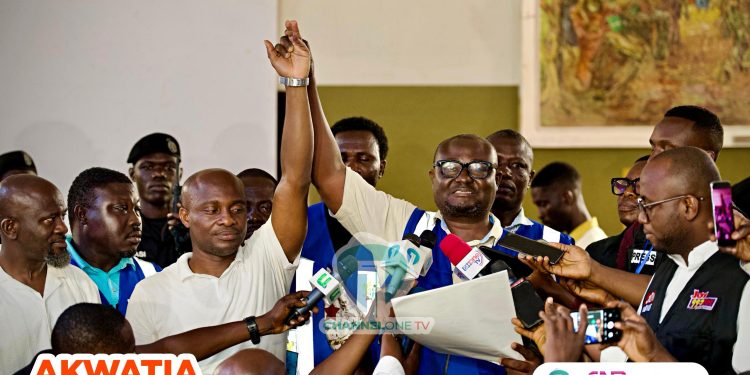
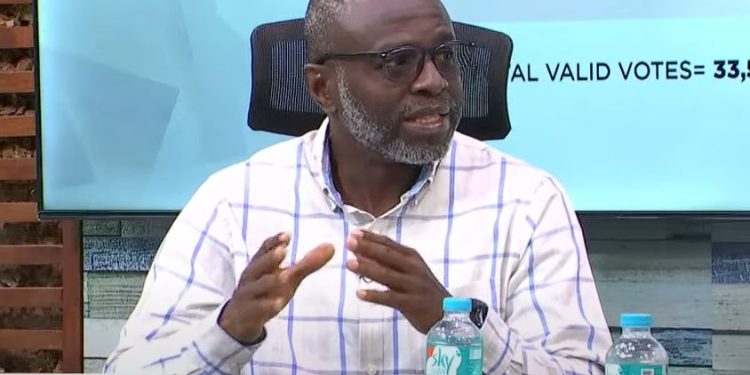
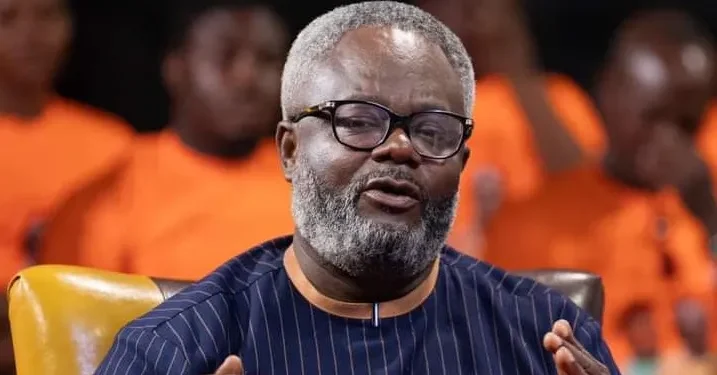
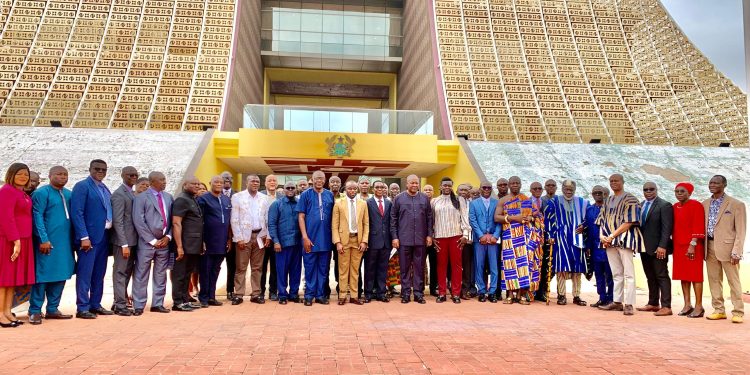
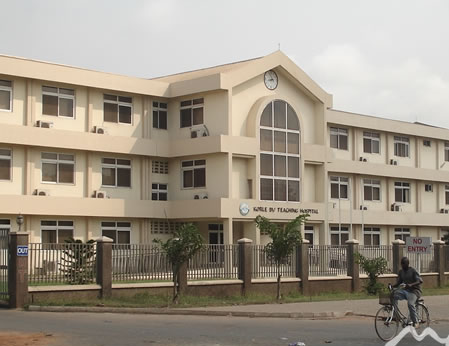
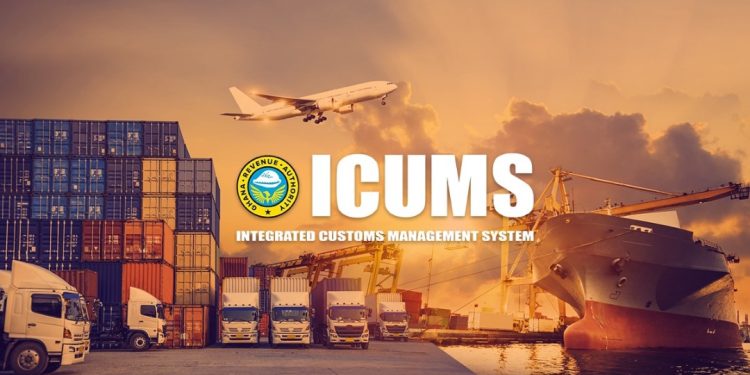
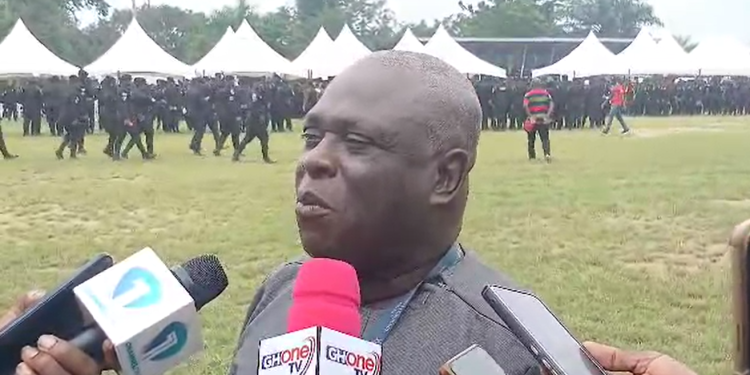
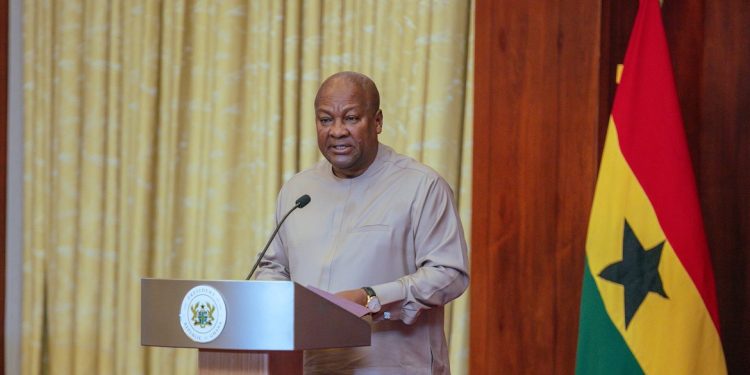
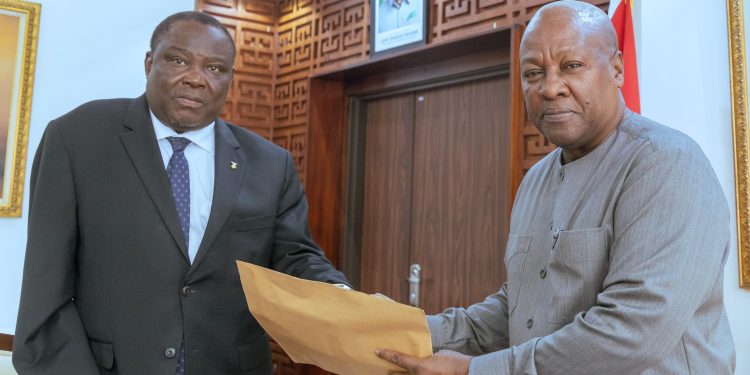

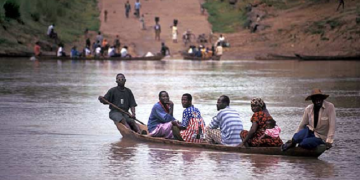
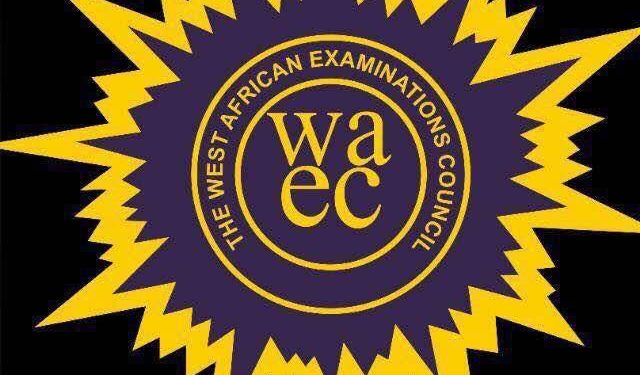
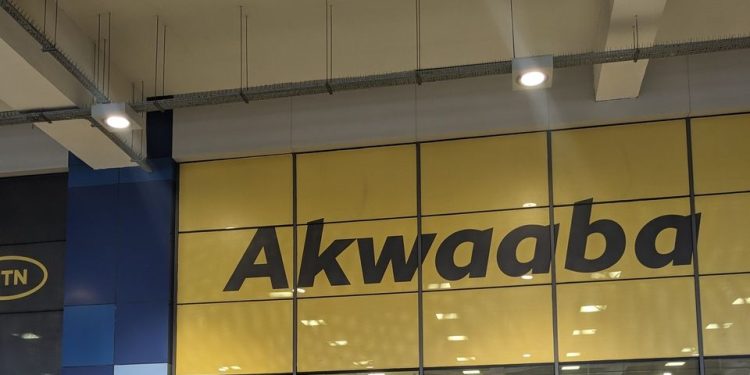
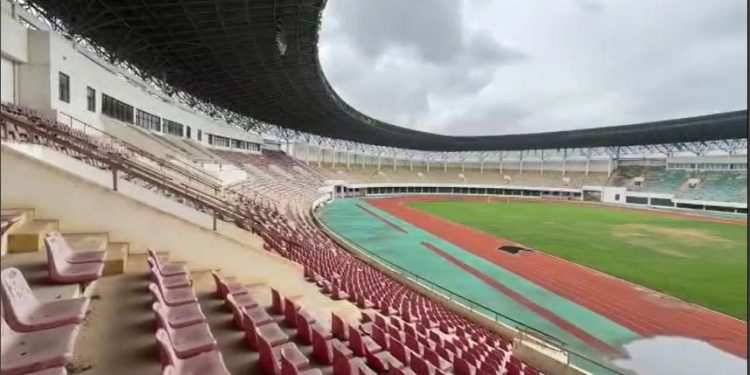
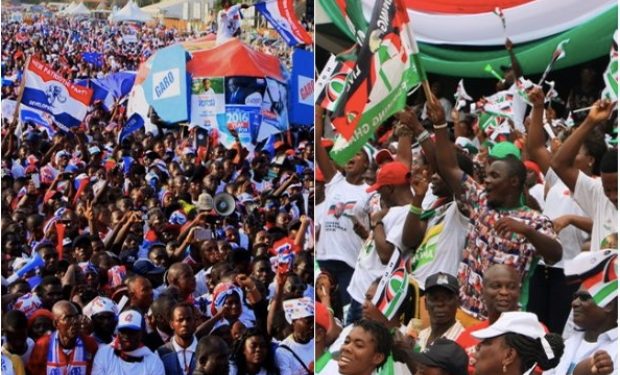

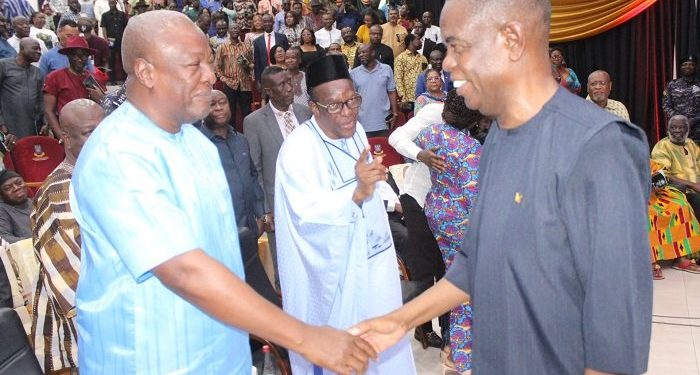
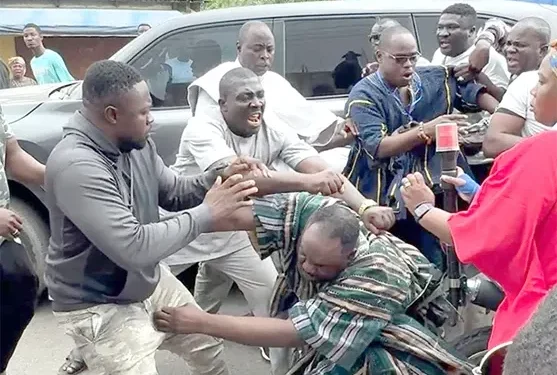
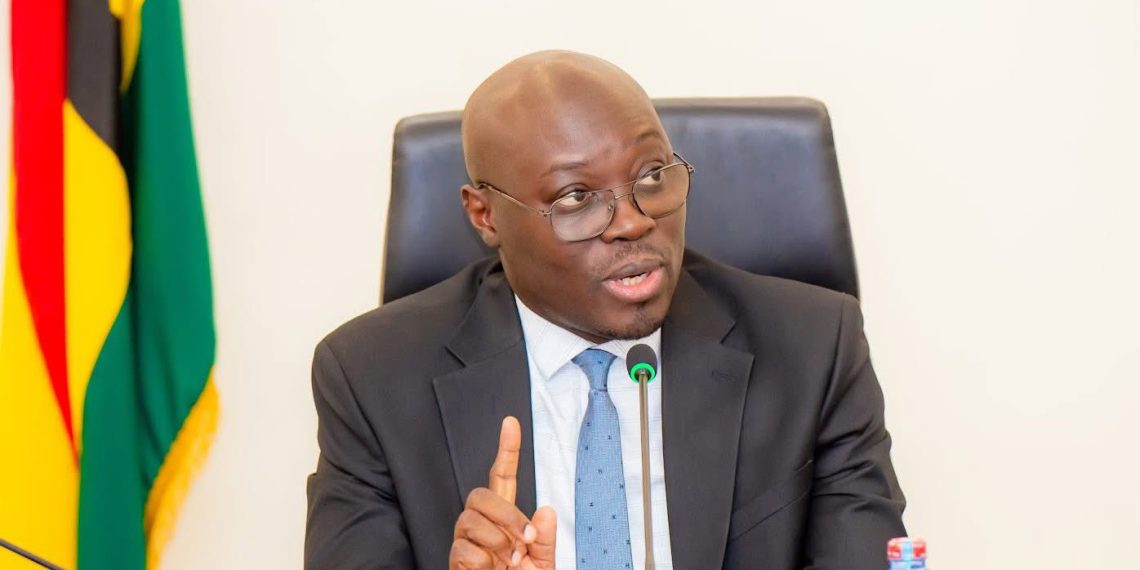

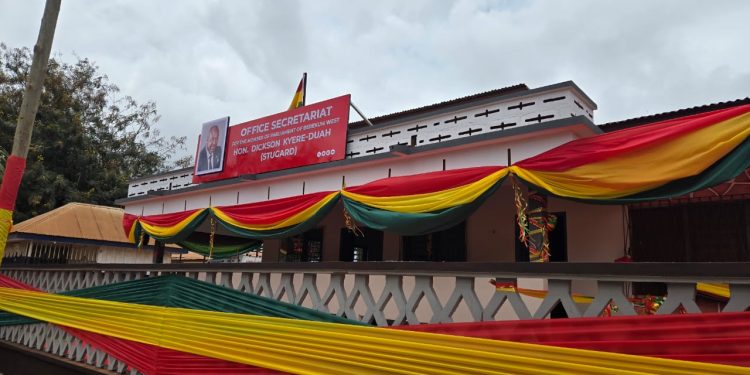
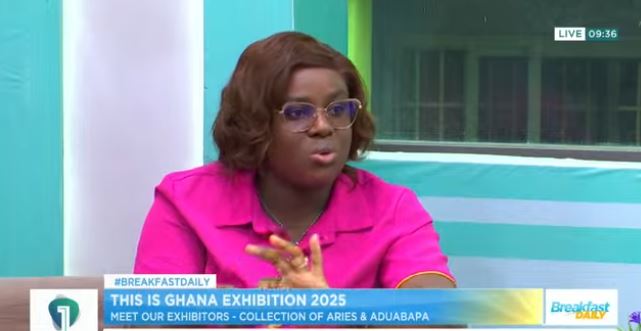
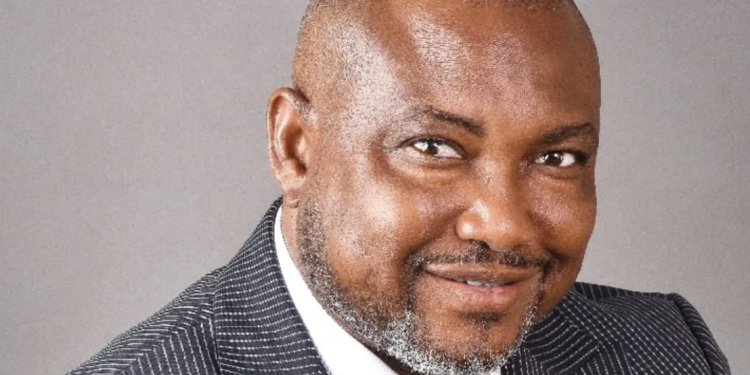
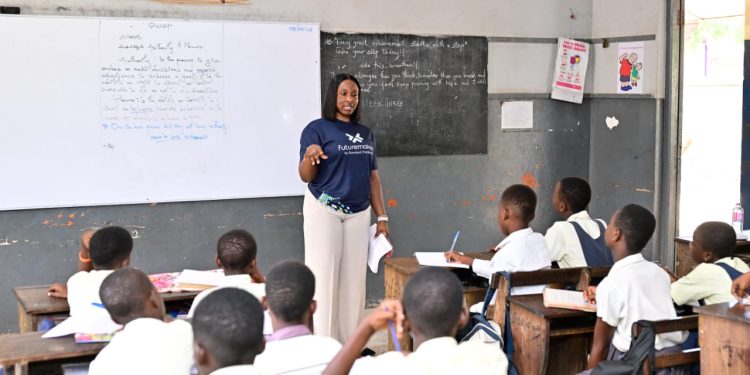

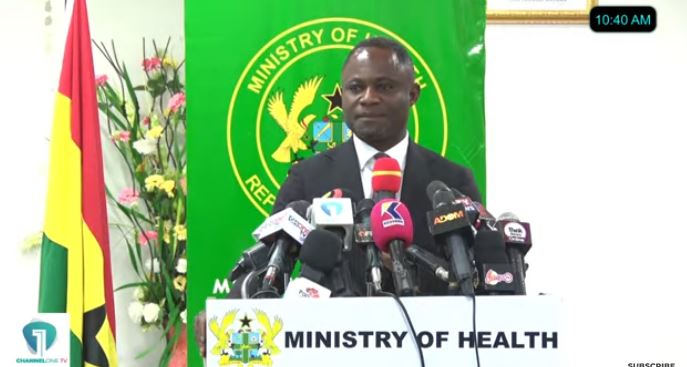



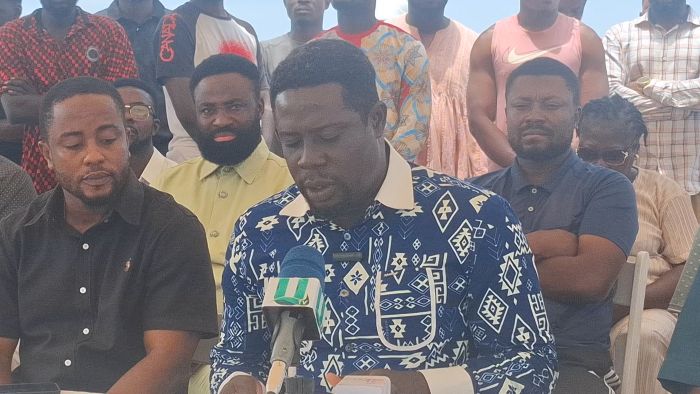

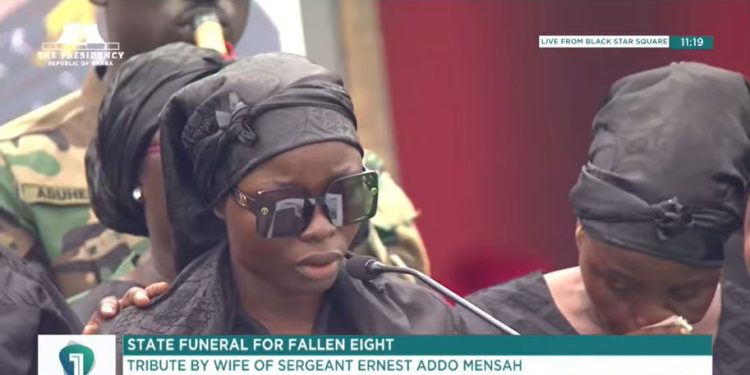
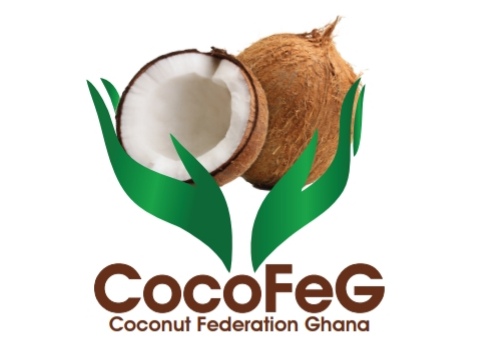

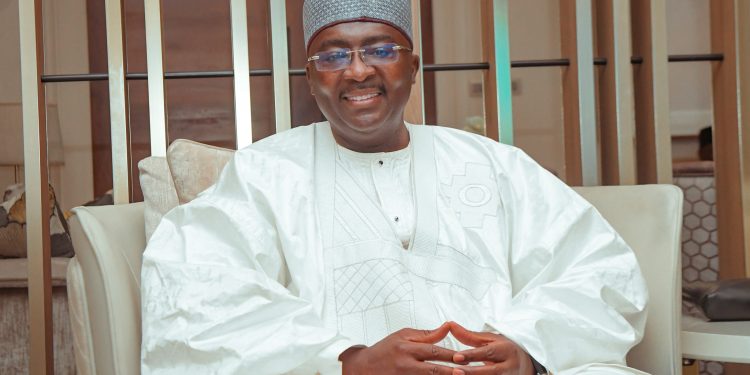

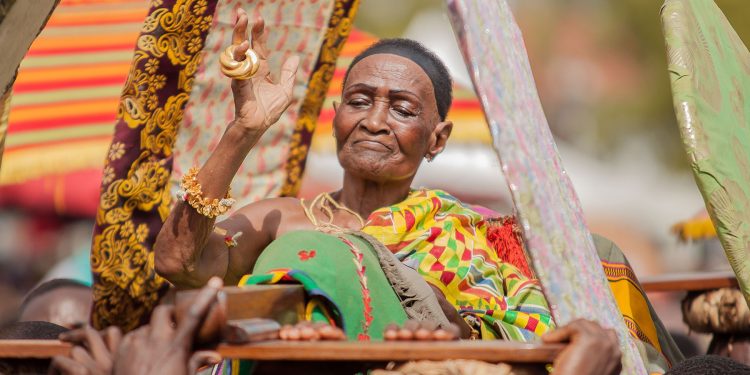
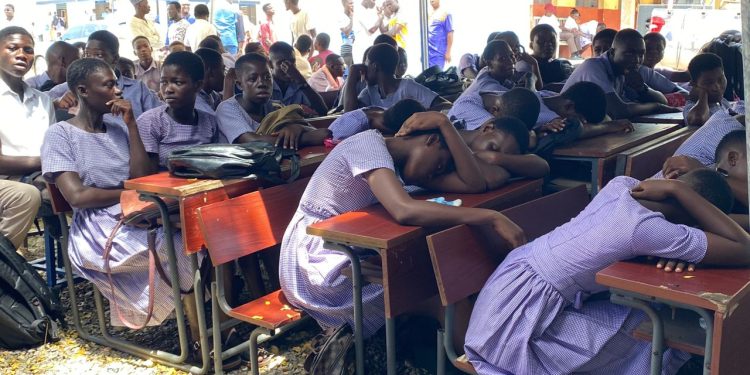

BORDER INSPECTION ALONG CÔTE D’IVOIRE FRONTIER
The Ghana Boundary Commission has begun a field inspection exercise along the Ghana–Côte d’Ivoire frontier as part of efforts to preserve territorial stability and promote peaceful coexistence.
Th…
campaign

GOVERNMENT RESETS COCOA PRICING FORMULA
The government has reduced the producer price of cocoa to GH¢41,392 per tonne and GH¢2,587 per bag for the remainder of the 2025/2026 crop season, citing a sharp fall in global market prices and moun…
campaign

DEPORTED WEST AFRICANS TO GHANA
The Supreme Court has ordered the Attorney-General to produce the document covering Ghana’s decision to accept West African deportees who were previously held by United States (US) authorities.
Per …
campaign

CONVOY CRASH ON BOLGATANGA–TUMU ROAD
The Bolgatanga–Tumu Road is a known corridor for government officials travelling between the Upper East regional capital and the Upper West Region, a route that sees heavy commercial and passenger tr…
campaign

TRUST FUND SUPPORTS MIDWIFE TO UNDERGO BRAIN SURGERY
Hope has been restored for 36-year-old Rebecca Odarquaye, a midwife, through the support of the Ghana Medical Trust Fund (MahamaCare) after it provided GH¢210,840 for her to undergo a life-saving bra…
campaign

MAIZE, BEANS PRICES IN ATEBUBU-AMANTIN
Farmers in the Atebubu-Amantin Municipality of the Bono East Region are grappling with a sharp decline in maize and bean prices despite a bumper harvest, raising concerns about their livelihoods, fut…
campaign

MOBILE MONEY'S FESTIVE SURGE SMASHES RECORDS
The value of transactions processed through Ghana's mobile money platforms surged to GH¢518.4 billion in December 2025, cementing the technology's position as the undisputed backbone of the nation's …
campaign

WE CLEARED 3 OUT OF 4 CONTAINERS
A former Managing Director of the Metro Mass Transit Limited (MMTL), Albert Adu Boahen, has said 30 VDL buses and three 40-foot containers of spare parts out of four supplied by the Dutch manufacture…
campaign

IGP PROMOTES 17 OFFICERS
Seventeen police officers have been promoted by the Inspector General of Police, Mr Christian Tetteh Yohuno, following their roles in separate operations that led to the seizure of suspected narcotic…
campaign

PARTISAN BOUNDARIES AND THE DECISIONS
They act not only as representatives of their party but, in a meaningful respect, as custodians of the broader public interest.
Since the advent of the Fourth Republic in 1992, the NPP has conducted…
campaign

RENOVATION AND EXPANSION OF THE UNIVERSITY OF GHANA
The School of Nursing and Midwifery of the University of Ghana has commended the Social Investment Fund and the African Development Bank (AfDB) for supporting the expansion of its facilities.
Profe…
campaign

EDUCATION SERVICE, DEVELOPMENT PARTNERS
The Jacobs Foundation Board of Trustees will undertake an official visit to Ghana from January 20th to 23rd, 2026, to engage with senior government leaders and key education stakeholders on strengthe…
campaign

GHANA IS ACCELERATING ITS INDUSTRIALISATION
The government has collaborated with Chinese automakers, including establishing EV assembly plants with companies like Shenzhen New Jekyll and Chery International.
The push builds on earlier engagem…
campaign

MINORITY DISAGREES WITH PARLIAMENT
The Minority Caucus led by their Chief Whip and Member of Parliament for Nsawam Adoagyiri, Hon. Frank Annoh Dompreh has called on the Speaker to withdraw the letter signed by the Clerk to Parliament,…
campaign

NDC REPLACEMENT FOR LATE NASER TOURE MAHAMA
Following the completion of the seven-day post-burial Muslim prayers for the late Ayawaso East Member of Parliament (MP), Naser Toure Mahama, the constituents, especially within the governing Nationa…
campaign

LET’S STRENGTHEN INSTITUTIONS
Ms Nyaaba said that Ghana had moved away from an economic freefall, with notable gains in macroeconomic stability, currency performance, tax relief and governance intent.
“Ghana is no longer plumm…
campaign

FEES FOR 2025/2026 ACADEMIC YEAR
Following consultations involving the Ministry of Education, the Ghana Tertiary Education Commission (GTEC), the University Council, management, and student representatives, the academic user facilit…
campaign

COPEC WARNS GHANA
Mr Amoah cautioned economic managers against complacency, stressing that early signs of recovery should not be mistaken for long-term stability. He noted that sustained discipline and consistency are…
campaign

TWO JAILED FOR 40 YEARS
Stolen items included a pump-action gun, a Huawei mobile phone valued at GH¢1,200, 18 pounds of gold estimated at GH¢100,000, and GH¢2,000 in cash
The Ashanti South Regional Police Command has confi…
campaign

CRACKS DOWN ON ILLEGAL WASSCE REGISTRATIONS
“No head of school or school official has the authority to register Form Two students or private candidates for the WASSCE under any circumstances,
In a statement released in Accra on January 8, 202…
campaign

DATA DEFENDS SMART PORT
The Coalition of Concerned Exporters, Importers and Traders had on December 29 rejected the planned rollout. The coalition warned the policy would impose unnecessary costs and bureaucratic burdens, d…
campaign

STOP POLITICAL INTERFERENCE
The Minority has formally submitted a motion to the Clerk of Parliament seeking establishment of an ad hoc investigative committee with subpoena powers to examine contracts, licences, and intermediar…
campaign

GHANAIAN BUSINESSES FACES RISING UTILITY COSTS
For Ghanaian businesses, the start of 2026 presents a balancing act. Companies must navigate VAT relief, monitor utility costs, and factor in inflation and currency stability as they plan operations …
campaign

MAHAMA MUST RULE FOR EIGHT YEARS
Prophet Eric Boahen Uche of Reign House Chapel has declared that President John Dramani Mahama is destined to govern Ghana for a total of eight years.
Speaking at the church’s end-of-year Watch Ni…
campaign

STEEP UTILITY PRICE INCREASES
The Consumer Protection Agency (CPA) has sharply criticized the PURC over the tariff adjustments, describing the decision as unrealistic and insensitive to economic hardships facing Ghanaians. The ag…
campaign

GHANA’S CHALLENGES
Brigadier General (Rtd) Joseph Nunoo Mensah believes Ghana’s biggest problem today is the loss of discipline and strong upbringing, arguing that society in the past played a major role in shaping chi…
campaign

KORLE BU MORTUARY REACHES CAPACITY
The Management of Korle Bu Teaching Hospital (KBTH) has announced plans to carry out a mass burial of approximately 320 unclaimed corpses in its mortuary after the facility reached full capacity.
…
campaign

OVER 60 PERCENT MALE CONSUM ALCOHOL
New district level data released by the Ghana Statistical Service has uncovered alarming pockets of excessive alcohol consumption among men with some districts recording prevalence rates exceeding 60…
campaign

EATING CANNABIS INFUSED BISCUIT
Rapper Sarkodie has recounted a startling experience with what he described as a marijuana infused biscuit during a trip to the United States, revealing that the incident resulted in what he consider…
campaign

NDPC ROLE IN NATIONAL PLANNING
The Constitutional Review Committee has recommended elevating the National Development Planning Commission (NDPC) to serve as the central coordinating, monitoring, and evaluation body for national de…
campaign

THE STATE OF GHANA
Ghanaians did not vote on 7 December 2025 for a creeping dictatorship in which the government resorts to censorship of critical articles written by citizens and published by the state-owned media d…
campaign

11TH GMIA AWARDS
Founded in 2010, ZEN Petroleum Limited is the flagship company of the ZEN Group – an integrated, wholly Ghanaian-owned enterprise and a leader in the country’s downstream oil and gas sector. ZEN is t…
campaign

LAPTOPS TO GHANA BLIND UNION
As part of its Corporate Social Responsibility [CSR] , Luckiest Africa has donated 1,000 white canes to the Ghana Blind Union [GBU] at its head office in Accra.
The gesture is to support the mobil…
campaign

POLICE SENSITISE CHURCHES ON CHRISTMAS
The Ghana Police Service, Tema District Command, has launched a spirited campaign in churches across the district to raise awareness about security ahead of the Christmas festivities.
Led by Chief…
campaign

YEAR-END CELEBRATION
The Nigeria High Commission in Ghana on Friday hosted a colorful Christmas Carol and End of Year Party, bringing together diplomats, including; Dr Juliette Tuakli, Mercy Ship’s Diplomatic Ambassador …
campaign

PROSTATE CANCER RISKS
Medical Doctor at Komfo Anokye Teaching Hospital (KATH) Dr Evans K Zikpi highlighted heredity and age as major risk factors that significantly increase a man’s chances of developing prostate cancer d…
campaign

GTA AROUSES INTEREST IN DECEMBER
It’s few days to December and Ghana Tourism Authority is leaving no stone unturned with its preparations to make this year’s celebration worthwhile
Following the official launch and announcement of …
campaign

GRA BEGINS PROBE INTO ALLEGED EXTORTION
The Ghana Revenue Authority (GRA) has launched investigations into allegations of extortion levelled against some officers of the Customs Division Task Force operating in the Ashanti Region.
The a…
campaign

FLUCTUATING PERFORMANCE IN CORE SUBJECTS
The performance of school candidates in the West African Senior School Certificate Examination (WASSCE) has been fluctuating in the last four years, especially in all the core subjects from 2022 to 2…
campaign

ADUTWUM GAINS SUPPORT
The New Edubiase and Bekwai Constituencies have openly endorsed policies proposed by Dr. Yaw Osei Adutwum, a leading contender in the New Patriotic Party (NPP) presidential primaries scheduled for Ja…
campaign

PRICES BEGIN DECLINING
The Abossey Okai Spare Parts Dealers Association has announced that prices of vehicle spare parts have begun to decline, with further reductions expected before the end of the year and into 2026.
…
campaign

COMMERCIAL MOTORCYCLE RIDERS TO BE REGISTER
Ghana’s government is advancing plans to legalize commercial motorcycle transport, known as okada, through a comprehensive licensing framework being developed by the Driver Vehicle Licensing Authorit…
campaign

TRIBUTE TO KONADU AGYEMAN
The passing of Madam Nana Konadu Agyeman-Rawlings (Madam or Madam Rawlings) on 23 October was as unexpected, and heart wrenching as it was most shocking. There was no indication of illness or medical…
campaign

CURFEW FOLLOWING SECURITY ADVICE
Interior Minister Mohammed Muntaka Mubarak has renewed curfew restrictions for Bawku Municipality and surrounding areas in the Upper East Region, effective Monday, November 24, 2025. The measure requ…
campaign

TAXES DESPITE REVENUE CRISIS
Only 1.2 million Ghanaians currently pay their taxes, a figure the Ghana Revenue Authority (GRA) describes as alarming and detrimental to domestic revenue mobilisation and national development effort…
campaign

SMARTER FERTILISER BREAKTHROUGH
Across the country’s farmlands, a quiet crisis unfolds every planting season. Farmers work tirelessly, invest in fertiliser, and still record underwhelming yields. The culprit is not effort, nor even…
campaign

MAHAMA TO LAUNCH “NKOKO NKITINKITI
The Minister of Government Communications, Felix Kwakye Ofosu, has announced that President John Dramani Mahama will officially unveil a new government initiative dubbed the “Nkoko Nkitinkiti” progra…
campaign

RELEASE HELICOPTER CRASH REPORT
Minister in charge of Government Communications Felix Kwakye Ofosu has announced that the investigative report into the August 6 military helicopter crash will be presented to the National Security C…
campaign

JUNIOR BANTAMWEIGHT RANKINGS
Undefeated Ghanaian boxer Theophilus Kpakpo Allotey, known as Theo Lopez, has advanced to third position in the latest International Boxing Federation (IBF) Intercontinental junior bantamweight ranki…
campaign

GHANA PREPARES TO HOST TOUR DU GHANA
The tenth edition of Tour du Ghana will commence on November 13, featuring 172 cyclists from 12 international clubs representing eight countries across five continents in the country’s flagship cycli…
campaign

GHANA BANKS LOWER SAVINGS BARRIERS
For many Ghanaians, opening a savings account once felt like a luxury reserved for the well off, requiring too much paperwork and too much money just to get started. That story is changing. Today, de…
campaign

BAWUMIA VISITS RAWLINGS’ FAMILY
Former Vice President Dr. Mahamudu Bawumia on Monday, October 27, visited the family of the late former First Lady Nana Konadu Agyeman-Rawlings to express his condolences and sign the book of condole…
campaign

HAIR POLICY IN SHSS
Former Education Minister Dr. Yaw Osei Adutwum has called for a shift in how schools approach the issue of students keeping their hair, stressing that policies on hair length should be rooted in hygi…
campaign

ESTATE DEVELOPER
Real estate developer KOANS Building Solutions has firmly dismissed allegations of land grabbing and the reported use of armed landguards in parts of the Ayensuano District in the Eastern Region.
…
campaign

REGSEC
Residents of Gulumpe in the Kintampo Municipality of the Bono East Region have received relief items following the imposition of a curfew on the community after recent communal clashes.
The curfew…
campaign

KATH CEO VOWS
The Chief Executive Officer of the Komfo Anokye Teaching Hospital (KATH) has vowed to institute stringent measures to address the infractions that caused the hospital’s recent appearance before Parli…
campaign

2025 REGISTRATION
The Deputy Director-General of the National Service Authority (NSA), Fuseini Donkor, has revealed that the rollout of the new registration system has been fraught with difficulties, largely due to in…
campaign

ANNOUNCING POLICIES
The government has issued a strong reminder to all Ministers of State that no major policy, programme, or initiative should be publicly announced without prior Cabinet approval.
The directive, con…
campaign

MINISTER FOR DEFENCE
Minister in Charge of Government Communications, Felix Kwakye Ofosu, has assured that President John Dramani Mahama is fully aware of his responsibilities and will, in due course, appoint a substanti…
campaign

MECHANIZED BOREHOLES
The Rotary Club of Accra Legon East, in partnership with the Rotary Club of Pocatello (USA), formally commissioned three mechanized boreholes fitted with filtration systems at Agomeda and Somanya, de…
campaign

ORAL DATA
A member of the Operation Recover All Loot (ORAL) Committee, Daniel Domelevo, has admitted that the team collected and compiled data without verification—including entries he described as “garbage.”
…
campaign

SEVEN MEN CHARGED
Seven men have been arraigned before the Achimota District Court for allegedly conspiring to assault a senior police officer at the Tesano Police Station in Accra.
The accused, Ebenezer Yaw Ankoma…
campaign

NANA KONADU AGYEMAN-RAWLINGS PASSES ON
The passing of Nana Konadu Agyeman-Rawlings today (Thursday, October 23) marks the closure of an extraordinary chapter in Ghana’s political and social history.
Nana Konadu Agyeman-Rawlings was oft…
campaign

CPP DISASSOCIATES ITSELF
The Convention People’s Party (CPP) has denied any involvement in an alleged petition to remove President John Dramani Mahama from office.
In a statement signed by the party’s Chairperson and Lead…
campaign

NACOC ARRESTS 13
The Narcotics Control Commission (NACOC) has arrested 13 suspects in a major anti-drug operation at Akuapem Akropong in the Eastern Region.
The dawn swoop, which targeted drinking spots and suspec…
campaign

AHWERASE SHOOTING
The Eastern Regional Police Command has arraigned 34 suspects, including six chiefs, in connection with a shooting incident at Ahwerase that left one person dead and three others injured during a tra…
campaign

BLACK STARS
Chairman of the Black Stars Management Committee, Dr Randy Abbey, has defended the Minister of Youth and Sports, Kofi Adams, over his decision to publicly disclose the national team’s budget, insisti…
campaign

NUGS SECRETARY
In a remarkable show of support, Titus Owusu Darko, the 23rd General Secretary of the Ghana Union of Professional Students (GUPS), has been elected as the 59th NUGS Secretary for Innovation, Entrepre…
campaign

AYARIGA DEFENDS GHANA
Majority Leader Mahama Ayariga has rejected claims by the Minority in Parliament that the Memorandum of Understanding (MoU) between Ghana and the United States on the deportation of some West African…
campaign

KADE CHIEF STEPS DOWN
The chief of Kade in the Eastern Region, Osabarima Agyare Tenadu II, known in private life as William Kwame Apaw, has announced his abdication after 21 years on the throne.
In a statement dated Oc…
campaign

ROAD FINES
The Driver and Vehicle Licensing Authority (DVLA) has announced the suspension of all fines imposed by its Compliance Team on roads across the country, effective Wednesday, October 15, 2025, until fu…
campaign

EX-NLA
The former Public Relations Manager of the National Lottery Authority (NLA), Dr. Razak Kojo Opoku, has rejected recent allegations made by The Fourth Estate and its Executive Director, Sulemana Briam…
campaign

OFFICER INJURED
A fierce fire on Tuesday night has gutted two warehouses along Spintex Main Road in Accra, destroying items worth thousands of Ghana cedis.
According to the Ghana National Fire Service (GNFS), the…
campaign

RAINFALL
The Ghana Meteorological Agency (GMet) has cautioned the public to expect light to moderate rainfall across parts of southern Ghana this afternoon into the evening hours.
In its 24-hour weather fo…
campaign

LOST BIRTH
The Registrar of Births and Deaths, Samuel Adom Botchway, has clarified that individuals who lose their birth certificates do not need to go through a fresh registration process to obtain a new one.
…
campaign

VICE PRESIDENT
The Oti Regional Minister, John Kwadwo Gyapong, has said that Vice President Prof Jane Nana Opoku Agyemang will, on Tuesday, October 14, visit the bereaved families of the recent Volta Lake boat disa…
campaign

NEW MPOX CASES
The Ghana Health Service (GHS) has reported 26 new confirmed cases of Mpox, bringing the total number to 713 as of October 10, 2025.
According to the latest update, no new deaths have been recorde…
campaign

DOUBLE-TRACK SYSTEM
The Deputy Director-General for Quality and Access at the Ghana Education Service (GES), Dr. Munawaru Issahaque, has revealed that the Service is collaborating with top university professors and the …
campaign

CONFLICT ZONES
The Presbyterian Church of Ghana (PCG) has called on the government to join in providing critical incentives for frontline staff serving in deprived and conflict-prone areas like Bawku.
The appeal…
campaign

PCG CHARTS
The Department of Development and Social Services (DSS) of the Presbyterian Church of Ghana (PCG) has, at its 6th national consultation, outlined strategic plans to enhance its visibility, integrate …
campaign

CHIEFS
The Greater Accra Regional House of Chiefs has called on government to accord the chieftaincy institution greater recognition as a critical stakeholder in national development.
This was during a m…
campaign

BATTLEFIELD
Godfred Amofa Sarpong, a Ghanaian-born father of three and British Army veteran living in Plymouth, has quietly continued to serve others long after hanging up his military uniform.
He spent seven…
campaign

WATER CRISIS
Executives of the Trades Union Congress (TUC) have visited the Agona Kwanyako Water Treatment Plant in the Central Region to investigate the ongoing water shortages affecting about ten districts in t…
campaign

ABREGO GARCIA
Minister for Foreign Affairs and Regional Integration, Samuel Okudzeto Ablakwa, has dismissed international media reports claiming that the United States plans to deport a Salvadorian national, Kilma…
campaign

INTERIOR MINISTER
The Minister for the Interior and National Security, Muntaka Mohammed Mubarak, has inaugurated the Eastern Regional Command of the National Signals Bureau (NSB) in Koforidua, marking a major step tow…
campaign

LA GENERAL HOSPITAL
The Minister for Health, Kwabena Mintah Akandoh, has revealed that preparations are well underway to process the second Interim Payment Certificate (IPC) for contractors working on the La General Hos…
campaign

ENERGY MINISTER
The Minister for Energy and Green Transition, John Abdulai Jinapor, has met with the leadership of the Ghana National Petroleum Tanker Drivers Union (GNPTDU) as part of ongoing efforts by the ministr…
campaign

MAHAMA
The Ghana Food and Beverages Association (FABAG) has urged President John Dramani Mahama to implement urgent reforms at the Electricity Company of Ghana (ECG).Ghana travel guide
According to the a…
campaign

NAIMOS TASK FORCE
The National Anti-Illegal Mining Operations Secretariat (NAIMOS) Task Force has intensified its campaign against illegal mining in the Western Region, launching a major riverine patrol operation alon…
campaign

MURDER CASES
The Upper West Regional Police Command has made a breakthrough in a string of murder cases that have unsettled the region since 2021, following the arrest of two key suspects.
The Regional Police …
campaign

UNPAID YEA STAFF
About 300 staff members of the Youth Employment Agency (YEA) across the country are demanding the release of 10 months’ unpaid salaries.
The affected employees have accused the agency of neglect a…
campaign

HPV VACCINE
Health Minister Kwabena Mintah Akandoh has refuted claims circulating on social media that question the safety of the Human Papillomavirus (HPV) vaccine, describing them as false and dangerous.
He…
campaign

ANTI-GALAMSEY TASKFORCE
In a bid to intensify the fight against illegal mining, commonly known as galamsey, the Mahama government has provided 24 Land Cruiser Troopers and 250 motorbikes to a task force comprising various s…
campaign

ECG’S PROPOSED 225% TARIFF
Some tax analysts are proposing broader stakeholder engagement to reform the Electricity Company of Ghana (ECG) and boost its operational efficiency, rather than allowing the utility provider to proc…
campaign

NPP PRESIDENTIAL
The New Patriotic Party (NPP) has scheduled a balloting exercise for its presidential aspirants ahead of the party’s January 31, 2026, presidential primary.
The exercise, which will determine the …
campaign

US DEPORTEE DEAL
Manhyia South MP Nana Agyei Baffour Awuah has criticised Foreign Affairs Minister Samuel Okudzeto Ablakwa over Ghana’s decision to participate in a deportee arrangement with the United States.
Spe…
campaign

PRESIDENT MAHAMA
President John Dramani Mahama has formally designated the Millennium Development Authority (MiDA) as the government’s primary focal institution for coordinating philanthropic and grant-based partners…
campaign

FAILED GALAMSEY
Private legal practitioner and social activist Oliver Barker-Vormawor has taken a swipe at the Mahama administration, accusing it of showing little seriousness in addressing illegal mining, commonly …
campaign

GOVT’S HANDLING
Dr Cadman Mills, brother of the late President John Atta Mills, has strongly criticised the government’s approach to the fight against illegal mining, locally known as galamsey, describing it as noth…
campaign

WELFARE PACKAGE
Dr. Mahamudu Bawumia, 2024 Presidential Candidate of the New Patriotic Party (NPP), has reaffirmed his commitment to addressing the welfare needs of party delegates and grassroots members if elected …
campaign

RISING TURBIDITY
Former Minister for Lands and Natural Resources and Member of Parliament for Damongo, Samuel Abu Jinapor, has raised concerns over the increasing turbidity levels in Ghana’s rivers.
He warned that…
campaign

GES
The Ghana Education Service (GES) has opened applications for promotion to senior grades within its non-teaching staff category for the 2024/2025 academic year.
In a circular dated September 24, 2…
campaign

ONE DEAD, 19 INJURED
An early morning accident on the Accra–Cape Coast Highway has left one woman dead and 19 others injured.
The crash occurred around 5:30 a.m. on Tuesday in front of the NDC Regional Office in Cape …
campaign

GALAMSEY SITES
Governance advocate Rev. Charles Owusu has called for a complete ban on illegal mining, popularly known as galamsey, describing it as a serious threat to Ghana’s future.
Speaking on Adom FM’s morn…
campaign

MPOX
The Ghana Health Service (GHS) has confirmed 10 new cases of Mpox, bringing the country’s total to 565 as of September 18, 2025.
One additional death has also been recorded, raising the cumulative…
campaign

ROBBERY MENACE
The Ngleshie Amanfro District Police Command is sounding the alarm over a rising wave of armed robbery attacks in the area and is urgently seeking support to tackle the situation.
This was disclos…
campaign

VISIONARY LEADER
Christiana Agyapong, wife of New Patriotic Party (NPP) presidential hopeful Kennedy Agyapong, has underscored the need for visionary leadership anchored on reputation and credibility to drive Ghana’s…
campaign

AYENSU RIVER
The Ayensu River, once a lifeline for communities across the Central Region, now runs thick and brown, leaving residents of Kwanyako and nearby Mankrong scrambling for safe water and livelihoods.
…
campaign

BANK RISKS
The Bank of Ghana has delivered its largest rate cut in recent years, slashing the policy rate by 350 basis points to 21.5 per cent.
According to BoG, the decision reflects confidence in falling i…
campaign

STATE OF EMERGENCY
Dr Sekou Nkrumah, son of Ghana’s first President, Dr Kwame Nkrumah, has urged the government to declare a state of emergency on illegal mining (galamsey).
He called for urgent and decisive actio…
campaign

GOVERNANCE FAILURE
The Centre for Democratic Movement (CDM) has described the displacement of Ghanaians from Bawku and other northern communities into neighbouring countries as a “national tragedy” and clear evidence o…
campaign

NO FEES, NO STRESS
President John Mahama has unveiled sweeping reforms in Ghana’s education sector, vowing to make quality learning accessible to all as a guaranteed right rather than a privilege.
Speaking at a …
campaign

AFRICAN TRAVELLERS
Burkina Faso says it has removed visa fees for all African travellers, in an effort to facilitate the movement of people and goods into the country.
"From now on, any citizen from an African c…
campaign

PRESIDENT’S ADMISSION
On May 2, 2025, the Governor of the Bank of Ghana gave the nation and the markets a message of confidence. He insisted that the stability of the cedi was not being propped up by intervention.
…
campaign

DR BAWUMIA
Former Vice President Dr Mahamudu Bawumia has paid tribute to Apostle Kwadwo Safo, the founder of Kristo Asafo Church and Kantanka Group of Companies, who died last Thursday, at age 77, saying he "se…
campaign

COCOBOD CHIEF
The Chief Executive of the Ghana Cocoa Board (COCOBOD), Dr. Ransford Abbey, has held strategic discussions with leading Japanese chocolate manufacturers on strengthening cocoa trade relations.
…
campaign

ABLAKWA FIRES BACK
Minister of Foreign Affairs, Samuel Okudzeto Ablakwa, has fired back at critics calling for his resignation over renewed debate on Ghana’s presidential jet and his previous criticism of presidential …
campaign

ANTI-GALAMSEY VIGIL
Ghana is set to experience an unprecedented vigil as the Convener of FixTheCountry, Oliver Barker-Vormawor, announces that the movement will hold a vigil on Sunday, September 21, at Revolution Square…
campaign

ASIEDU NKETIAH
National Chairman of the National Democratic Congress (NDC), Johnson Asiedu Nketia, turned an on-stage slip into a moment of humour after he was mistakenly introduced as the Chairman of the New Patri…
campaign

SENTUO OIL REFINERY
A delegation from the African Petroleum Producers’ Organisation (APPO), comprising CEOs and representatives of National Oil Companies (NOCs), visited the Sentuo Oil Refinery in Accra as part of activ…
campaign

FIGHT AGAINST DRUG ABUSE
President John Mahama has reaffirmed the government’s commitment to combating drug abuse in the country, despite its complexities.
He acknowledged the high vulnerability of most drug abuse victi…
campaign

TIMBER MARKET BLAZE
The Ghana National Fire Service (GNFS) has attributed Saturday’s devastating fire at the Accra Timber Market to a rubbish fire that was left unattended.
According to the Greater Accra Regional F…
campaign

FATAL COLLISION
One person has died and four others have been injured following a head-on collision on the Koforidua–Nyamekrom road in the Eastern Region.
The victims are currently receiving treatment at the Ea…
campaign

PATROL VESSELS
The Chief of Naval Staff, Rear Admiral Godwin Livinus Bessing, has disclosed that the Ghana Navy is in the final stages of acquiring offshore patrol vessels (OPVs) to boost maritime security and stre…
campaign

STRENGTHEN MARITIME
Vice President Prof. Naana Jane Opoku-Agyemang has assured the Ghana Navy that government is committed to providing the resources necessary to secure the nation’s maritime space and advance Ghana’s B…
campaign

DEPORTEE DEAL
A former Deputy Foreign Affairs Minister, Charles Owiredu, has accused President John Dramani Mahama’s administration of breaching the constitution by quietly accepting Nigerian and Gambian migrants …
campaign

AGGRIEVED MENZGOLD
The Coalition of Aggrieved Customers of MenzGold (CACM) is calling on the Acting Chief Justice to urgently resume and fast-track the long-delayed criminal trial of MenzGold CEO, Nana Appiah Mensah, a…
campaign

NADMO STAFF FOUND DEAD
The lifeless body of a staff member of the National Disaster Management Organisation (NADMO) at the Kwabre East Municipal Assembly was recovered on Thursday, September 11, from a stream between Abira…
campaign

STREAM WATER
The shallow, weed-filled, and muddy Ofa stream has become the only source of drinking water for residents of Kwesitwikrom in the Agona East District of the Central Region, following an acute water sh…
campaign

DEATHS IN MILITARY CLASH
Residents of Mpatuam in the Amansie West District of the Ashanti Region have taken to the streets to protest the deaths of two people, including the Assembly Member for the Esaase Dominase Electoral …
campaign

$360M
Ghana has received $360 million in World Bank funding to strengthen its economic recovery programme, boost fiscal stability, and drive key reforms under its IMF-backed adjustment agenda.Ghana Tourism…
campaign

MADINA REDCO SLUM
The La Nkwantanang-Madina Municipal Assembly has demolished all structures and shops recently rebuilt at the Madina Redco slum.
The exercise followed the Assembly’s earlier declaration of the area…
campaign

WEST AFRICAN DEPORTEES
Ghana has agreed to accept West Africans deported from the US, Ghanaian President John Mahama said Wednesday.
Mahama said Ghana had agreed to take in nationals from West Africa, where a regional a…
campaign

DOUBLE-TRACK
Former Deputy Director-General of the Ghana Education Service (GES), Dr. Kwabena Bempah Tandoh, has defended the double-track system under the Free SHS policy, asserting that it has significantly exp…
campaign

CHALLENGE REMOVAL
The legal team of former Chief Justice Gertrude Torkornoo is set to challenge the decision of the Committee of Inquiry that recommended her removal from office.
The Committee, which was establishe…
campaign

DEGREES OF OPPORTUNITY
The program provides selected employees with financial and institutional support to further their studies. Beyond academic advancement, the policy is structured to create new beginnings, giving indiv…
campaign

SUSPENDED GWL WORKERS
Some suspended workers of Ghana Water Limited staged a protest at the Black Star Square on Wednesday, September 9, 2025, demanding their immediate reinstatement.Ghanaian Cultural Tours
The workers…
campaign

BLACK STARS
Former Majority Leader in Parliament, Osei Kyei-Mensah-Bonsu, has questioned the capability of Black Stars coach Otto Addo to lead Ghana at the 2026 FIFA World Cup.Ghanaian Cultural Tours
Ghana cu…
campaign

WE’LL SUFFER
Former Member of Parliament for Adansi Asokwa, K.T. Hammond, has warned that Ghanaians will face hardship if former Vice President Dr. Mahamudu Bawumia is not elected as President in the 2028 electio…
campaign

$150M REVIVAL PLAN
Canadian multinational conglomerate Rektron Group Incorporated has reaffirmed its intention to acquire a controlling 60% equity stake in AT Ghana Limited for $150 million, unveiling what it describes…
campaign

GHANA GAS SEEKS 91% TARIFF INCREASE
Ghana National Gas Limited is proposing to increase its tariff from US$1.10 to US$2.10 per million metric British thermal units (MMBtu), as part of a broader wave of utility tariff hikes under review…
campaign

PRESIDENTIAL MEDIA ENCOUNTER
President John Dramani Mahama will on Wednesday, September 10, 2025, host a Presidential Media Encounter at The Presidency.
The event is scheduled to begin at 8:00 p.m.
According to a statement…
campaign

AFARI MILITARY HOSPITAL
Dr. Palgrave Boakye-Danquah, a member of the New Patriotic Party (NPP), has appealed to President John Dramani Mahama to prioritise the completion of the stalled Afari Military Hospital project in th…
campaign

JUDICIAL IMPUNITY
1. The Chief Justice has been removed from office. This is subject to any rights she may legitimately assert at law against her removal. I acknowledge that.
2. The earlier noises about her removal p…
campaign

MAN FOUND DEAD
A man has been found dead with gunshot wounds near Kalba, a suburb of the Sawla-Tuna-Kalba District in the Savannah Region.
Speaking to Channel One News via phone, the Savannah Regional Police Pub…
campaign

PETROSOL CONFIRMS ACCIDENT
Energy company PETROSOL has confirmed that one of its vehicles involved in Sunday’s tragic incident in Accra was taken without authorization by a security guard employed by a third-party firm contrac…
campaign

REASSIGNED
The Acting Director-General of the National Service Authority (NSA), Felix Gyamfi, has been reassigned to the Ministry of Finance with immediate effect.
The move takes place less than seven months…
campaign

HORTICULTURE
Kosmos Innovation Centre (KIC), in partnership with the Mastercard Foundation, has successfully trained a group of women in vegetable production in Kejebi, Oti Region, reinforcing its mission to empo…
campaign

ABRONYE ARRESTED
The Bono Regional Chairman of the New Patriotic Party (NPP), Kwame Baffoe, popularly known as Abronye, has been arrested by police.NPP party merchandise
Details surrounding the reasons for his arr…
campaign

GHANA INELIGIBLE
Ghana has been declared ineligible to receive financial assistance from the Millennium Challenge Corporation (MCC) in fiscal year 2026.Ghana travel guide
This was revealed in the Millennium Challe…
campaign

GOVT REASSIGNS MINERALS COMMISSION
The Minerals Commission has announced a major leadership change, with Isaac Tandoh, Deputy Chief Executive Officer in charge of Small-scale and Industrial Minerals, appointed as Acting Chief Executiv…
campaign

EXIMBANK
Ghana EximBank has reiterated its commitment to helping Small and Medium Enterprises (SMEs) become globally competitive, stressing that its mandate goes far beyond providing loans and credit faciliti…
campaign

NPP MAKING A BIG MISTAKE
Former National Chairman of the New Patriotic Party (NPP), Paul Awentami Afoko, has criticised the party’s decision to conduct its presidential primary in January 2026, describing it as a serious mis…
campaign

CRIMINALISE ASSAULTS
The Ghana Journalists Association (GJA) has appealed to President John Dramani Mahama to invoke his executive powers to enact a law that will offer stronger protection to journalists in the line of d…
campaign

ABLEKUMA WES
The Ablekuma West Municipal Assembly has rolled out a monthly clean-up exercise in the municipality to help tackle persistent sanitation challenges in the area.
The initiative is expected to m…
campaign

BECE RESULTS
The West African Examinations Council (WAEC) has announced that the results of the private Basic Education Certificate Examination (BECE) will be released today, September 5, 2025.
Speaking at a p…
campaign

GOOGLE
Google will not have to sell its Chrome web browser but must share information with competitors, a US federal judge has ordered.
The remedies decided by District Judge Amit Mehta have emerged afte…
campaign

DAUDA’S REMARKS
Engineer and Policy Analyst, Michael Kosi Dedey, has described remarks made by the Member of Parliament for Asutifi South, Collins Dauda, during the Akwatia by-election as “irresponsible.”
Speakin…
campaign

INFLATION DROPS TO 11.5%
Ghana’s headline inflation eased further to 11.5% in August 2025, down from 12.1% in July, the Ghana Statistical Service (GSS) has reported.Ghana travel guide
This marks the eighth consecutive mon…
campaign

OFANKOR ROAD PROJEC
President John Dramani Mahama will later today, Wednesday, September 3, 2025, pay a working visit to the Ofankor road project site, part of the ongoing expansion of the Accra–Nsawam highway.
The v…
campaign

VOTE BUYING
Executive Director of Global InfoAnalytics, Mussa Dankwah, has dismissed claims that vote buying influenced the outcome of the Akwatia by-election held on Tuesday, September 2, 2025.
Speaking on t…
campaign

GALAMSEY FIGH
Engineer and Policy Analyst, Michael Kosi Dedey, has criticised Ghanaian politicians for what he describes as their lackadaisical attitude toward addressing galamsey and other pressing national issue…
campaign

KOFI AKPALOO PICKED UP
Kofi Akpaloo, presidential candidate and leader of the Liberal Party of Ghana (LPG), has allegedly been picked up by the Economic and Organised Crime Office (EOCO), Citi News can confirm.Ghana travel…
campaign

LANDS COMMISSION
President John Dramani Mahama has officially inaugurated the new governing board of the Lands Commission, tasking them with the responsibility to oversee operations of the Commission across the count…
campaign

GH¢5 LEVY
Management of the Korle-Bu Teaching Hospital has proposed increasing its GHC2 levy on patients to GHC5 to cater for the Intensive Care Unit of the Children’s Ward.
Management asserts that approxim…
campaign

ICUMS PERFORMANCE
Ghana Link Network Services Ltd, operators of the Integrated Customs Management System (ICUMS), has extended its deep appreciation to all stakeholders for their unwavering commitment, patience, and s…
campaign

WE’RE READY
The Electoral Commission says it is ready for the Akwatia by-election scheduled for Tuesday, September 2, 2025.
According to the Eastern Regional Director, John Appiah Baffoe, the Commission has t…
campaign

GLOBAL PARTNERSHIPS
President John Dramani Mahama has charged Ghana’s newly appointed envoys to leverage diplomacy in advancing his government’s reset agenda, which aims to restore hope, rebuild trust, and create sustai…
campaign

FIRST PETITION
The Chairman of the Article 146 Committee of Inquiry, set up to investigate petitions seeking the removal of Chief Justice Gertrude Araba Esaaba Sackey Torkornoo, has formally presented the committee…
campaign

TORKORNOO PETITIONS
The Article 146 Committee of Inquiry investigating petitions for the removal of Chief Justice Gertrude Sackey Torkornoo has disclosed that it received nearly 10,000 pages of documentary evidence duri…
campaign

BLACK VOLTA BOAT DISASTER
Six more people have been rescued, while eight others are feared drowned after a boat carrying displaced persons capsized on the Black Volta at Dinie Tuonbo in Northern Ghana on Thursday, August 28, …
campaign

2025 SCHOOL PLACEMENT
The 2025 School Placement Portal is expected to open today, September 1, 2025, for candidates who sat for this year’s Basic Education Certificate Examination (BECE).Best online courses
According t…
campaign

AKWAABA OR OOBAKE
Ghana has long prided itself on being a beacon of unity and cultural diversity in Africa. Yet, a recent debate over the arrival greetings at Kotoka International Airport in Accra threatens to sow unn…
campaign

ESSIPONG STADIUM
The prolonged redevelopment works at the deteriorated Sekondi Sports Stadium in Essipong are nearing completion, with the refurbished pitch now ready to host football league matches.
Western Regio…
campaign

SHUN VIGILANTES
The National Peace Council has called on political parties, security agencies, and voters in Akwatia to safeguard peace and stability ahead of the constituency’s by-election scheduled for Tuesday, Se…
campaign

ANOMABO FISHERIES COLLEGE
Minister for Fisheries and Aquaculture Development, Emelia Arthur, has inaugurated a 16-member committee to design the curriculum for the Anomabo Fisheries College.
The committee, chaired by the M…
campaign

KWESI PRATT
Veteran journalist and political commentator, Kwesi Pratt Jnr, has commended President John Dramani Mahama for his decision not to contest a third presidential term in 2028.
President Mahama, whil…
campaign

ABLEKUMA NORTH VIOLENCE
Eight men who participated in violent disturbances during the Ablekuma North re-run have been convicted and sentenced by the Accra Circuit Court.
Each was ordered to pay a fine of 500 penalty unit…
campaign

$1.3 TRILLION DEBT
Finance Minister Dr. Cassiel Ato Forson has reiterated the urgent need for a more equitable global response to Africa’s mounting debt crisis, which has now surpassed US$1.3 trillion.
Speaking in A…
campaign

AKWATIA BY-ELECTION
A latest survey by Global InfoAnalytics has projected Bernard Baidoo of the National Democratic Congress (NDC) as the likely winner of the upcoming parliamentary by-election in the Akwatia constituen…
campaign

MODERN OFFICE COMPLEX
The Member of Parliament (MP) for Berekum West, Dickson Kyere-Duah, has commissioned a Constituency Secretariat and Office Complex at Jinijini to bring parliamentary services closer to the people and…
campaign

GHANA EXHIBITION
Ariane Sylvie Panou, Chief Executive Officer of Aries Collection, has announced that her brand will give away free skincare products at the 2025 This Is Ghana Exhibition organised by Citi FM and Chan…
campaign

EDUCATION FUND
The Member of Parliament for Berekum West, Dickson Kyere-Duah, has launched the Berekum West Education Fund, a flagship initiative aimed at improving access to education and strengthening school infr…
campaign

ENVIRONMENTAL SUSTAINABILITY
As part of its longstanding commitment to fostering sustainable communities, Standard Chartered continues to drive initiatives that promote environmental responsibility and awareness among young peop…
campaign

LICENSING EXAMS
The Ministry of Health has announced the postponement of the Centralised Nursing and Midwifery Licensing Examinations to September 4, 2025.
The decision was taken following a consultative meeting …
campaign

GRNMA SCRIBE
The Ghana National Association of Farmers and Fishermen (GNAFF) has strongly condemned comments made by the General Secretary of the Ghana Registered Nurses and Midwives Association (GRNMA), Dr. Davi…
campaign

THREE ARRESTED
Security personnel stationed at Atwima Trabuom and Nweneso Snap Check duty post, in collaboration with the Foase Patrol Team, have arrested three individuals in connection with the unlawful possessio…
campaign

SUPPORT FUND
The Children’s Support Fund, established by President John Dramani Mahama to secure the welfare of the children of victims of the August 6 military helicopter crash, has accrued a total of GHS 2,315,…
campaign

INTENSIFIES REPAIR WORKS
The Ghana Highway Authority (GHA), acting on behalf of the Ministry of Roads and Highways, has assured motorists and residents along the Ofankor–Nsawam road corridor that steps are being taken to add…
campaign

PLEAD FOR CLEMENCY
Some residents and property owners whose buildings are earmarked for demolition at the Sakumo Ramsar site have called on the government for clemency to halt the ongoing demolition to allow for a more…
campaign

JOB CREATION IN 2026 BUDGET
The government has announced that the 2026 budget will put job creation at the centre of its fiscal agenda.
The move is aimed at aligning with recent World Bank recommendations to address persiste…
campaign

SHAME ON YOU, DEATH
The wife of the late Sergeant Ernest Addo Mensah, one of the eight victims of the August 6 military helicopter crash in the Ashanti Region, delivered a moving tribute during the interdenominational s…
campaign

HELICOPTER CRASH
The Coconut Federation-Ghana has joined the nation in mourning the loss of eight prominent Ghanaians in last week’s tragic helicopter crash.
In a statement issued on August 12, 2025, and signed by…
campaign

SUSPENSION OF WONTUMI RADIO STATIONS
Lawyer for the Ashanti Regional Chairman of the New Patriotic Party (NPP), Bernard Antwi Boasiako, popularly known as Chairman Wontumi, has urged dialogue following the suspension of three radio stat…
campaign

490 NPP YOUTH ORGANISERS
More than 490 youth organisers of the New Patriotic Party (NPP), including substantive and deputy youth leaders from constituencies across the country, have picked up nomination forms for Dr. Mahamud…
campaign

BOG’S GOLD RESERVES INCREASE
The Bank of Ghana (BoG) has boosted its gold reserves to 34.40 tonnes in July 2025, representing a 4.09% month-on-month increase and an 8.05% rise since the start of the year.
Data from the Centra…
campaign

NANA KONADU YIADOM III PASSES ON
The Asantehene, Otumfuo Osei Tutu II, has formally announced the passing of the Asantehemaa, Nana Konadu Yiadom III, at the Manhyia Palace.
The announcement was made during a mandatory Asanteman C…
campaign

INFRASTRUCTURE DEFICITS IN SHSS
The Central Regional Education Directorate has expressed concern over the widespread infrastructural deficits in Senior High Schools across the region.
According to the Directorate, the lack of ad…